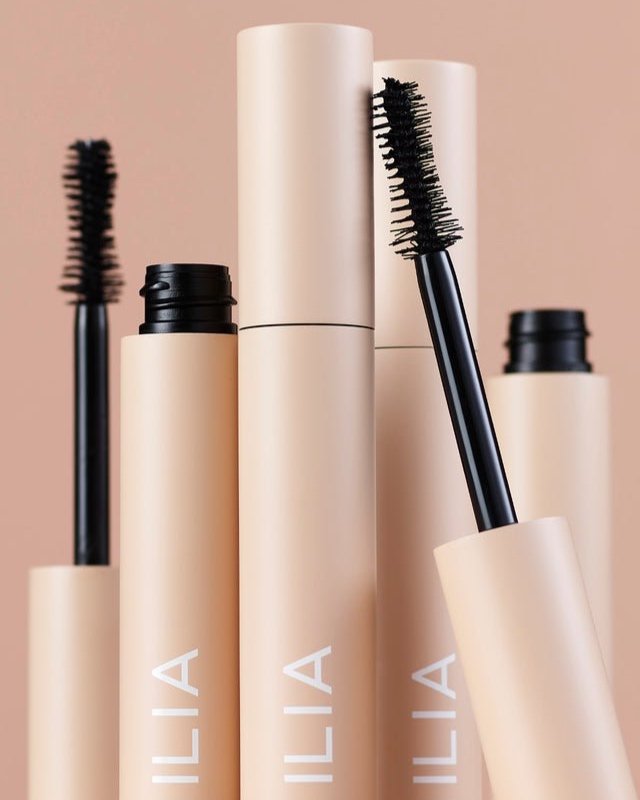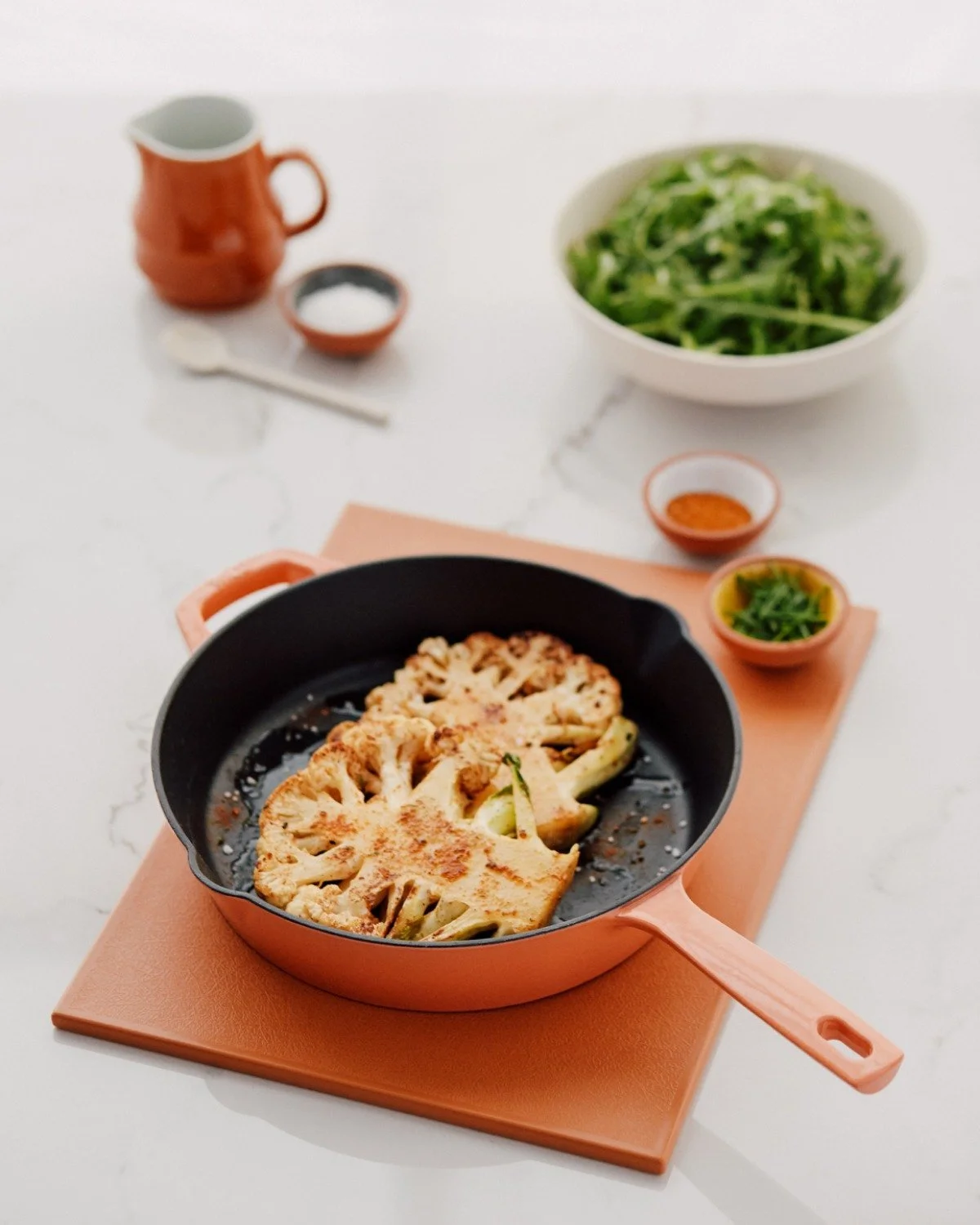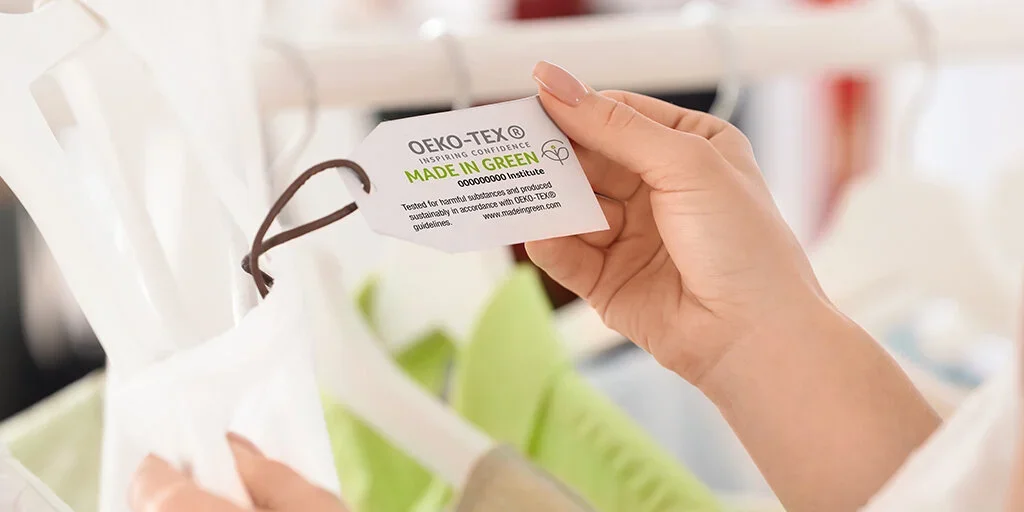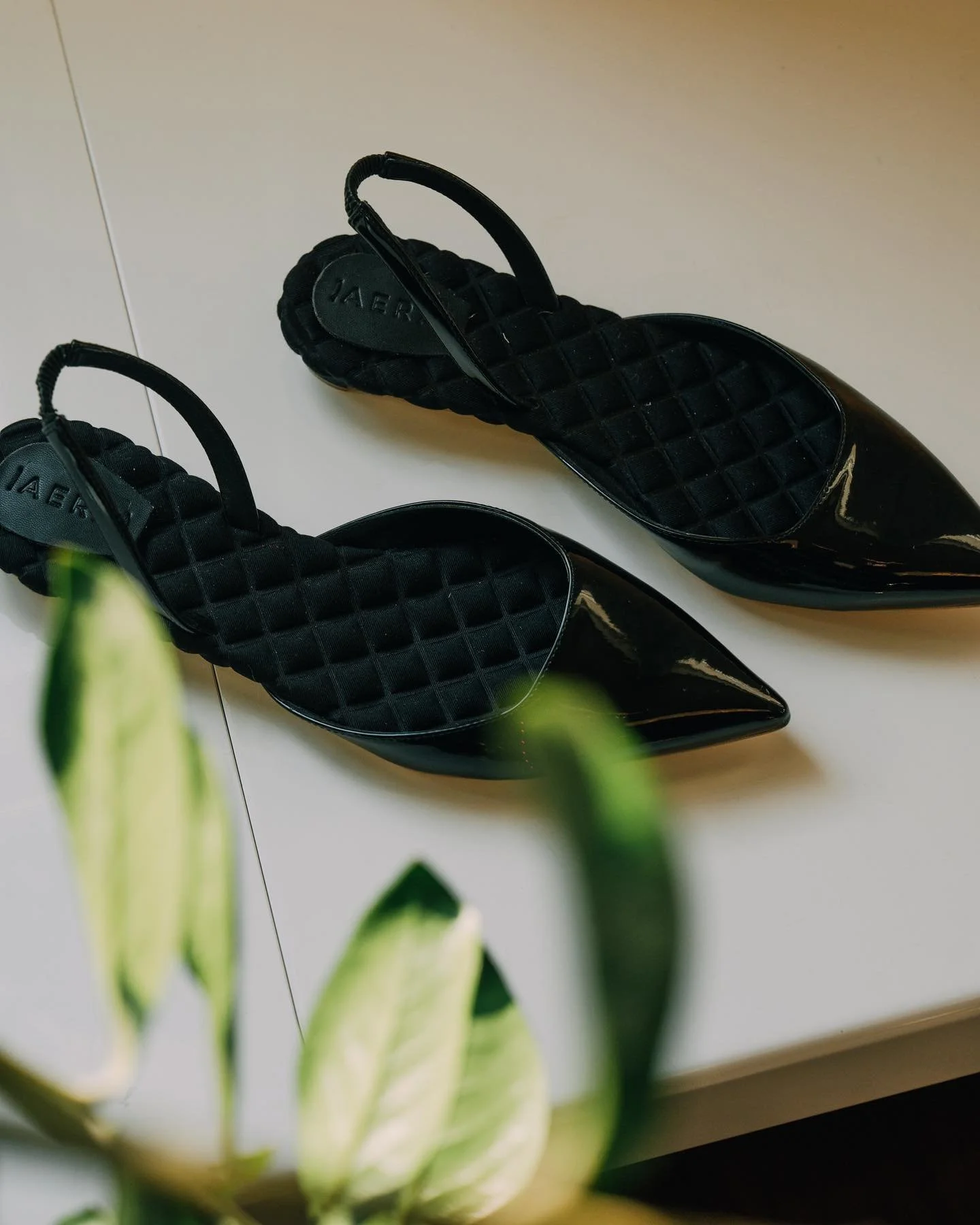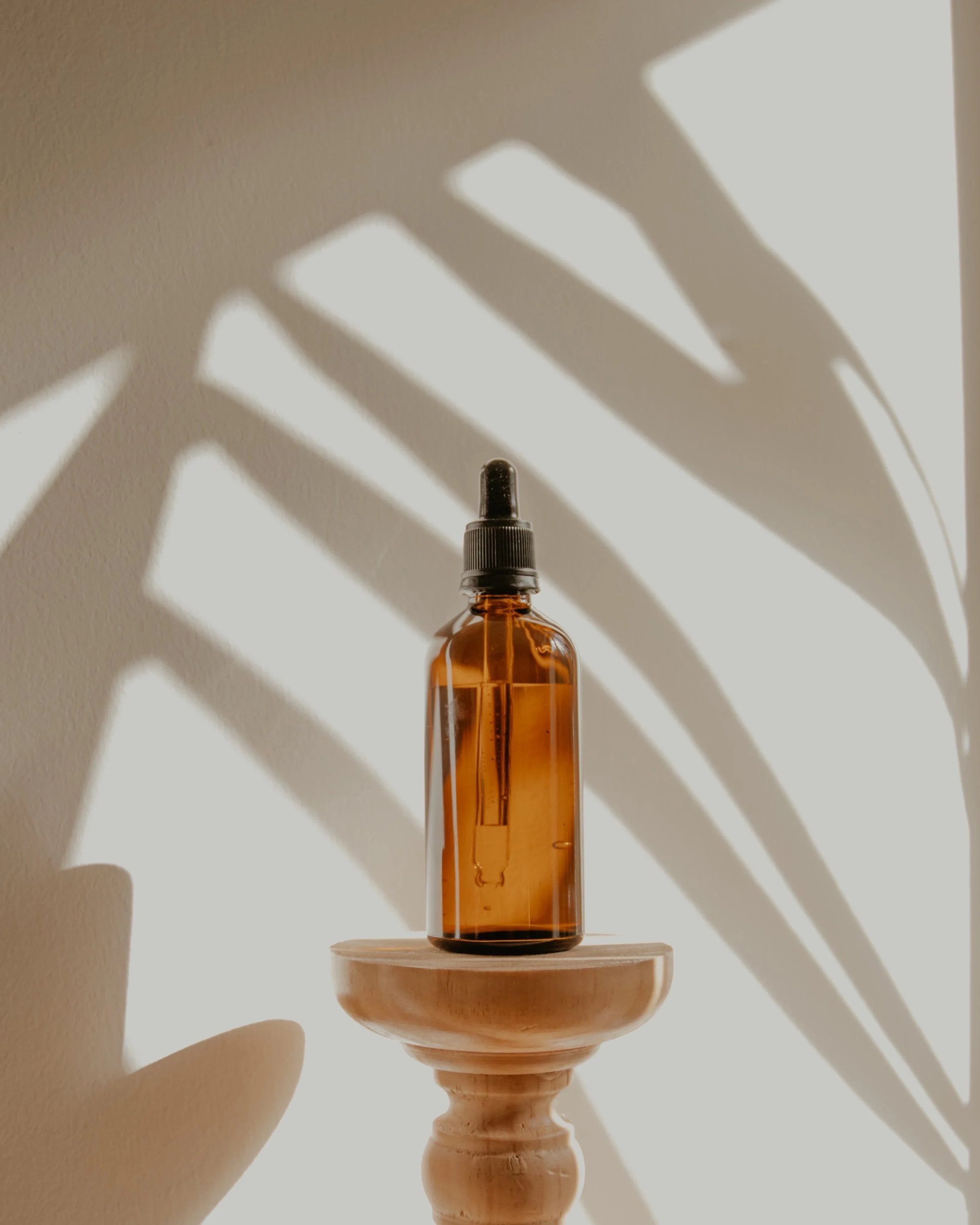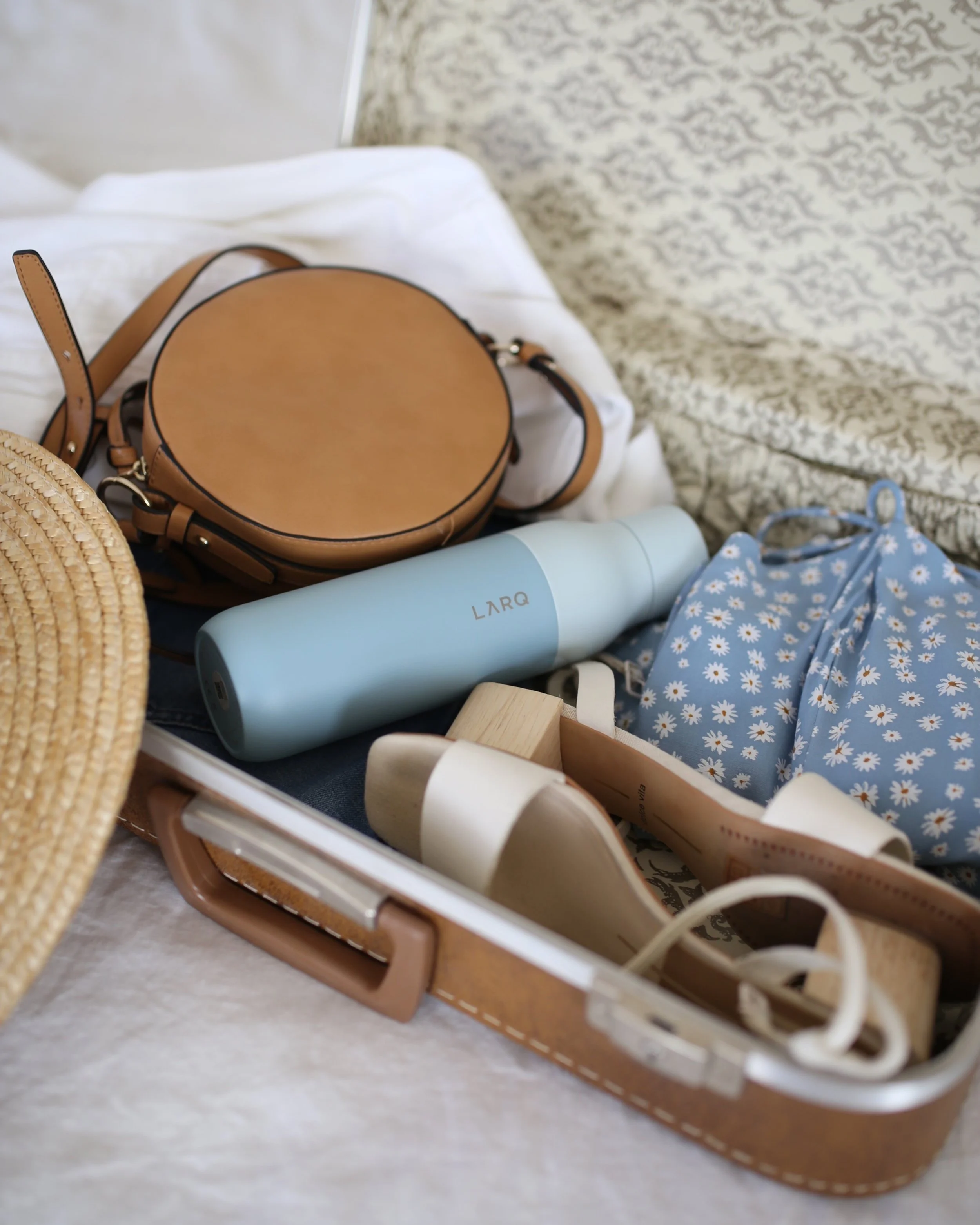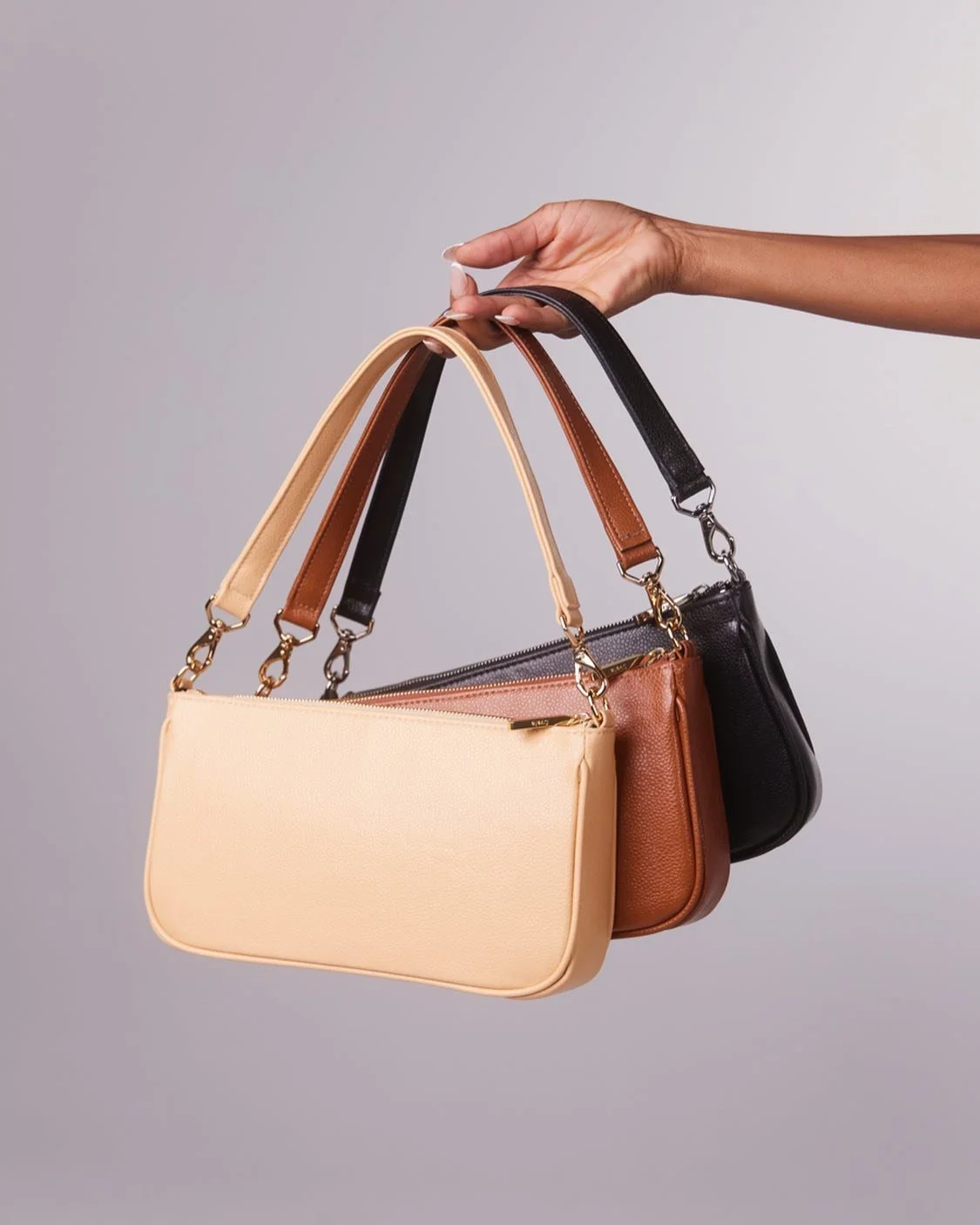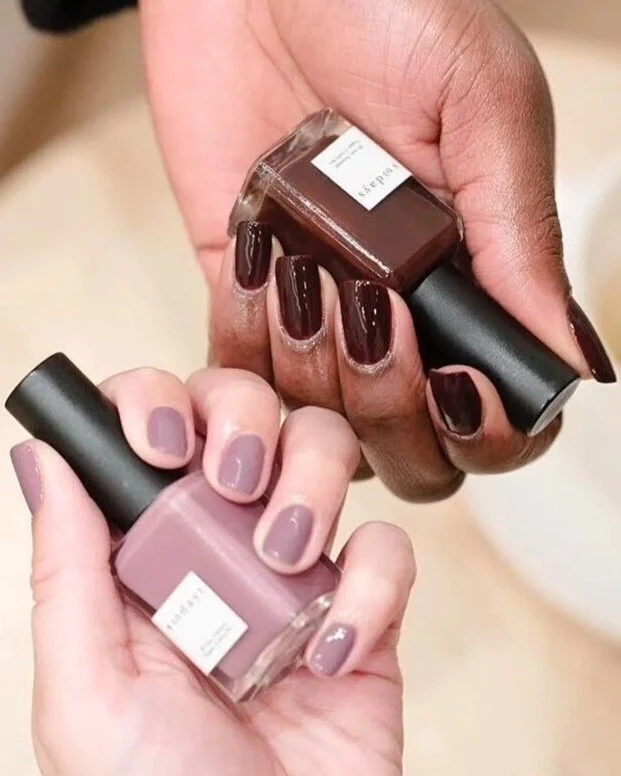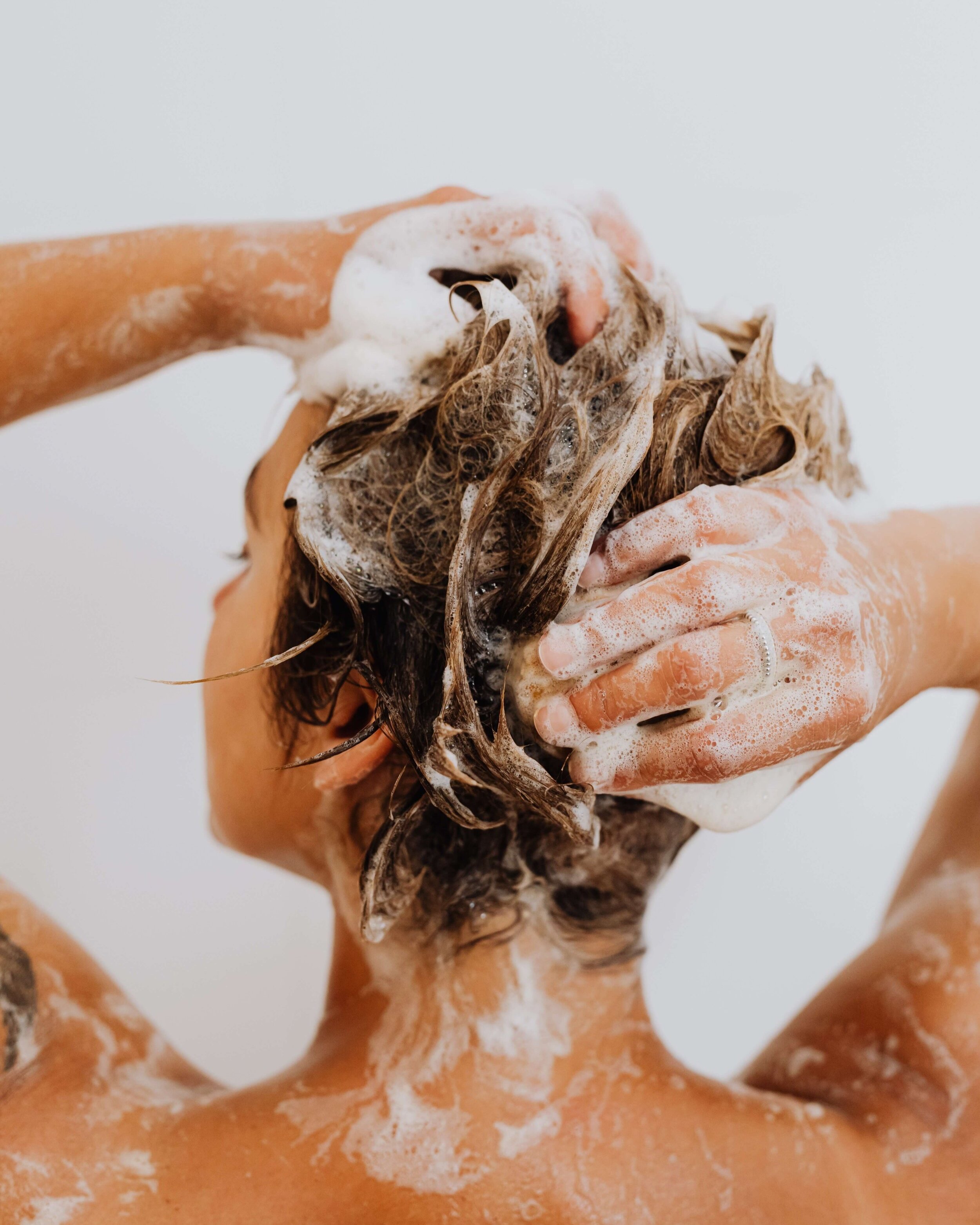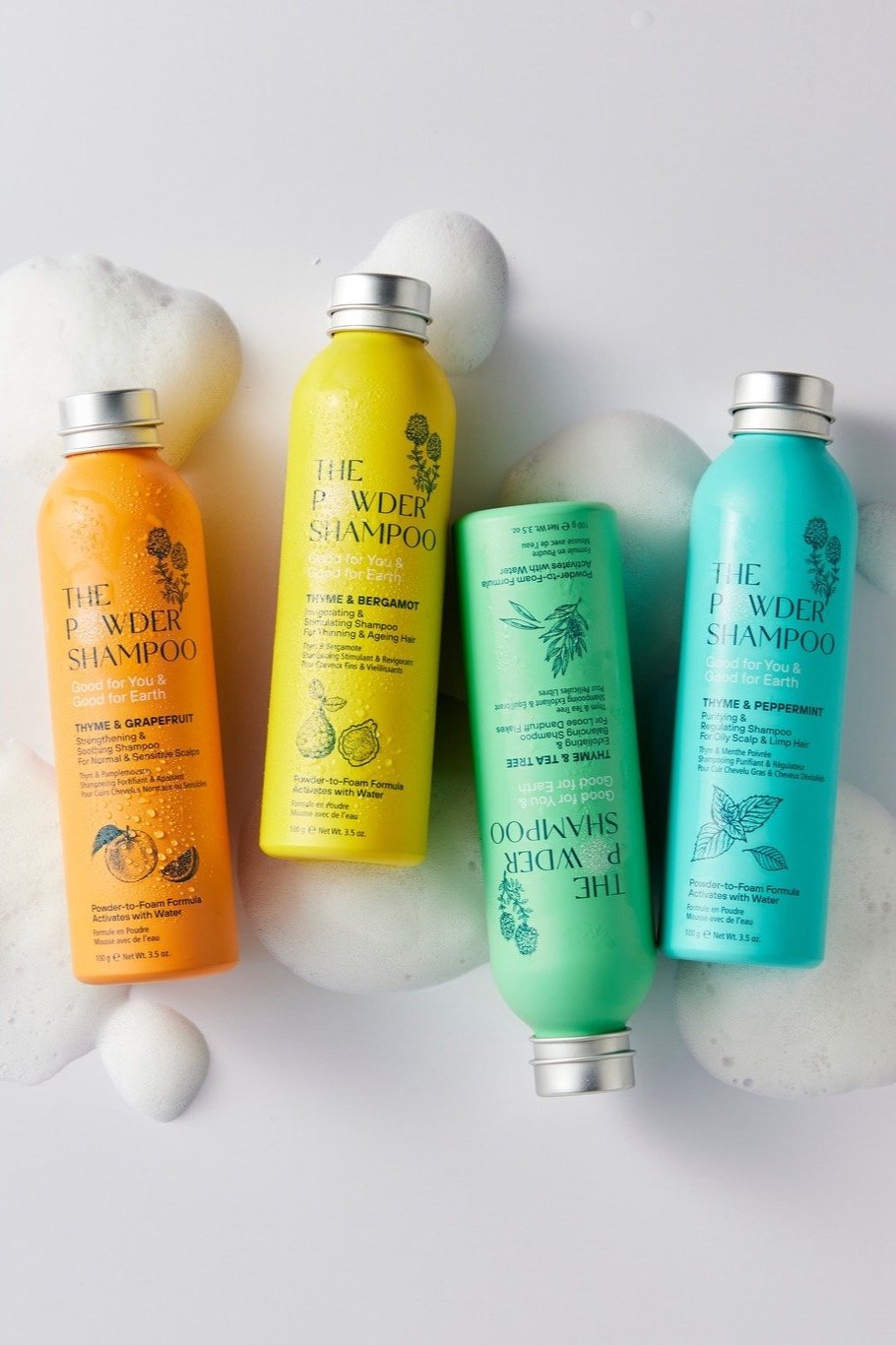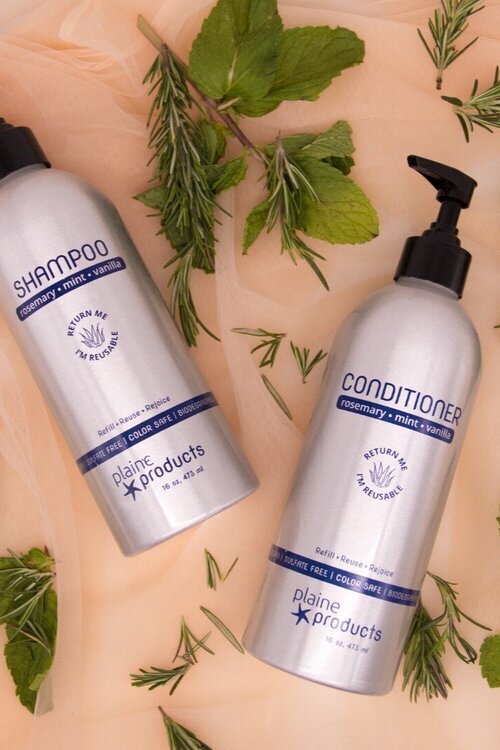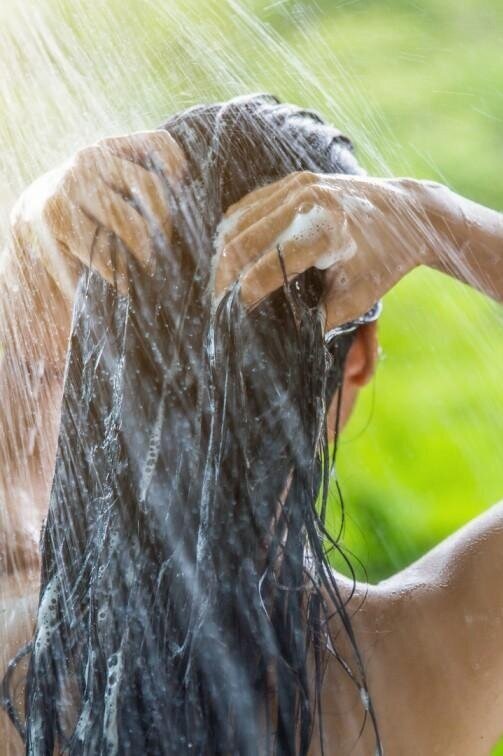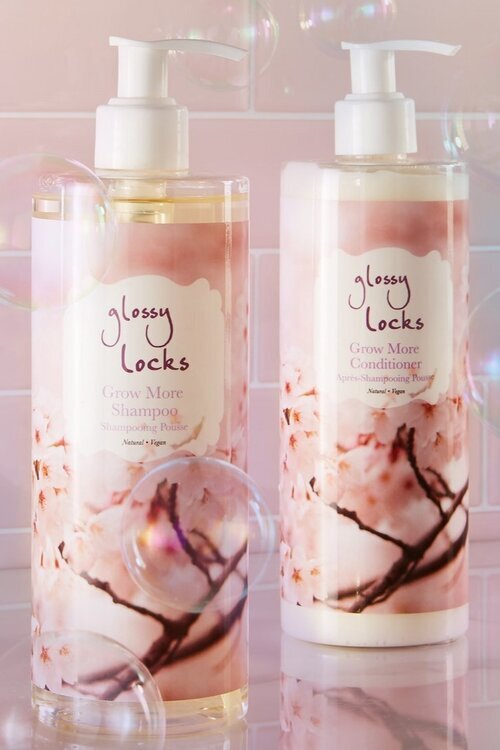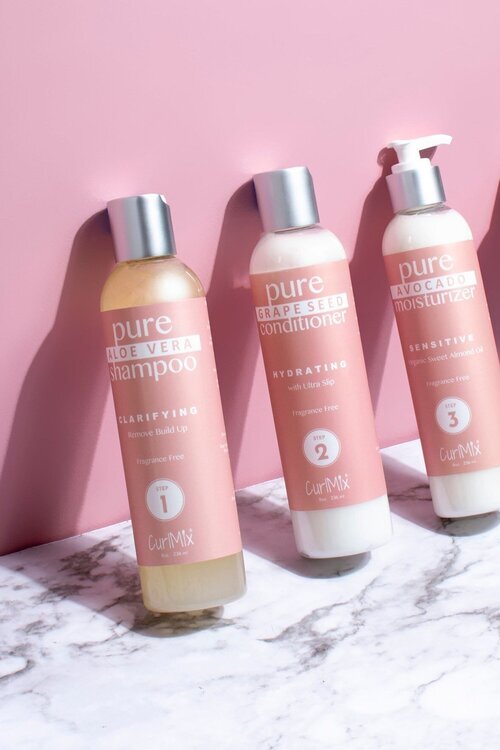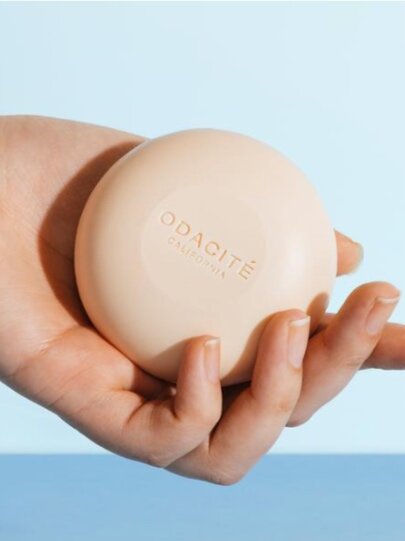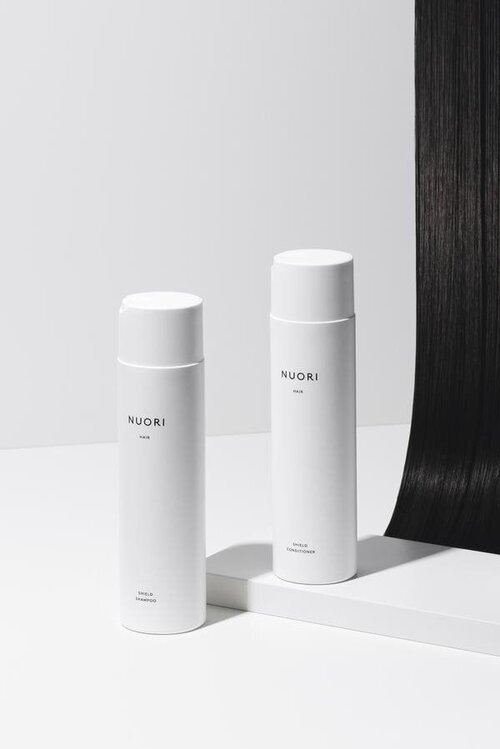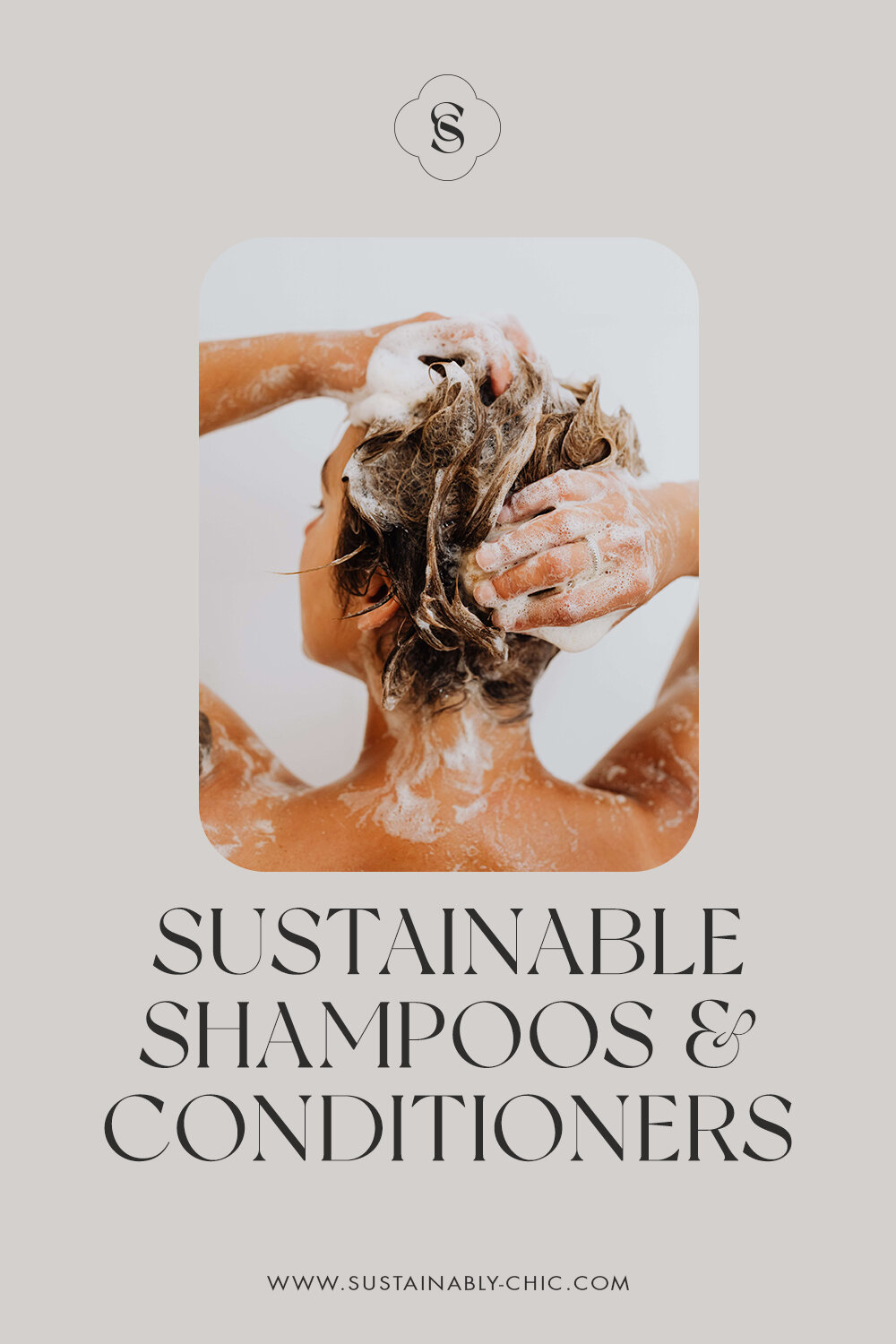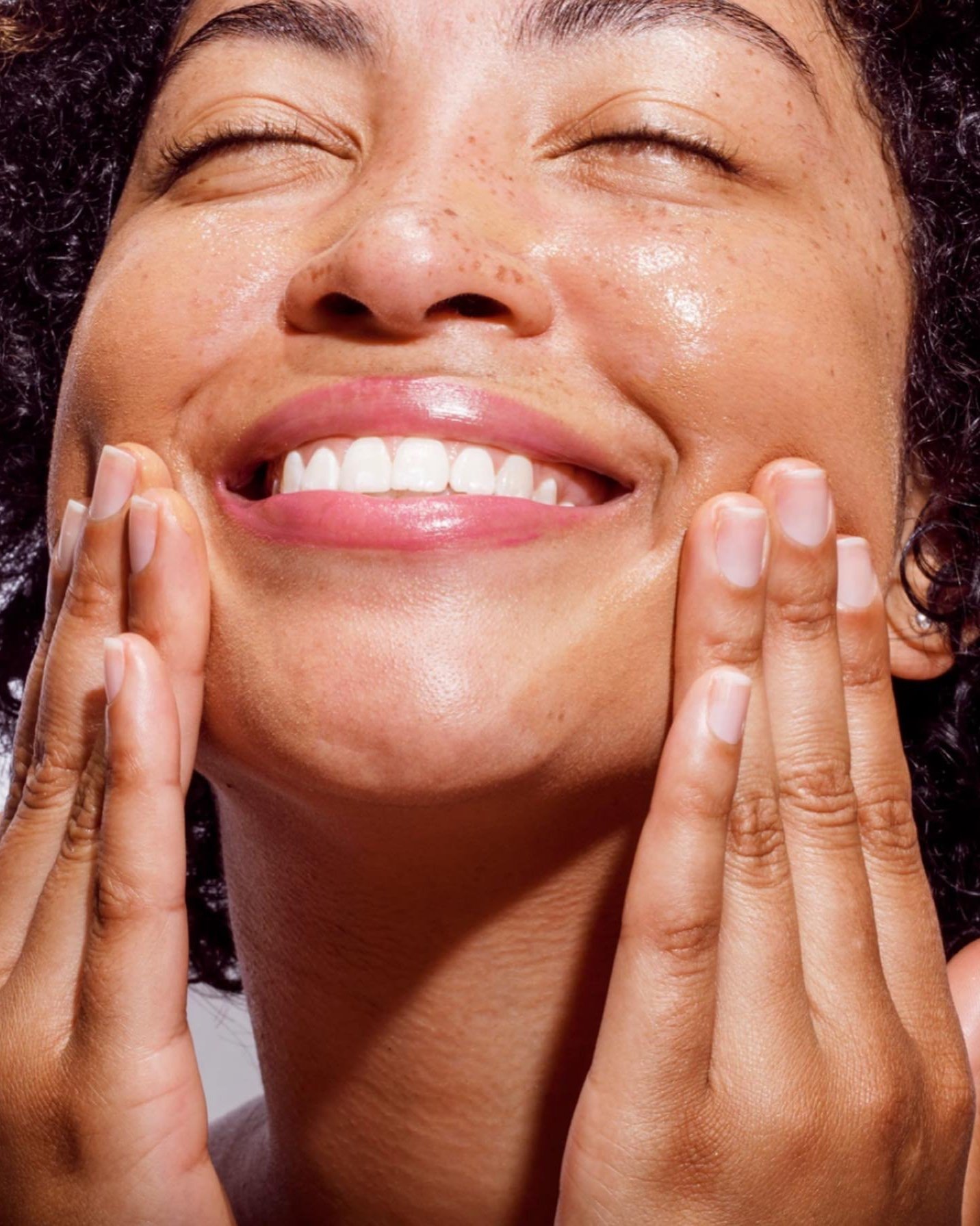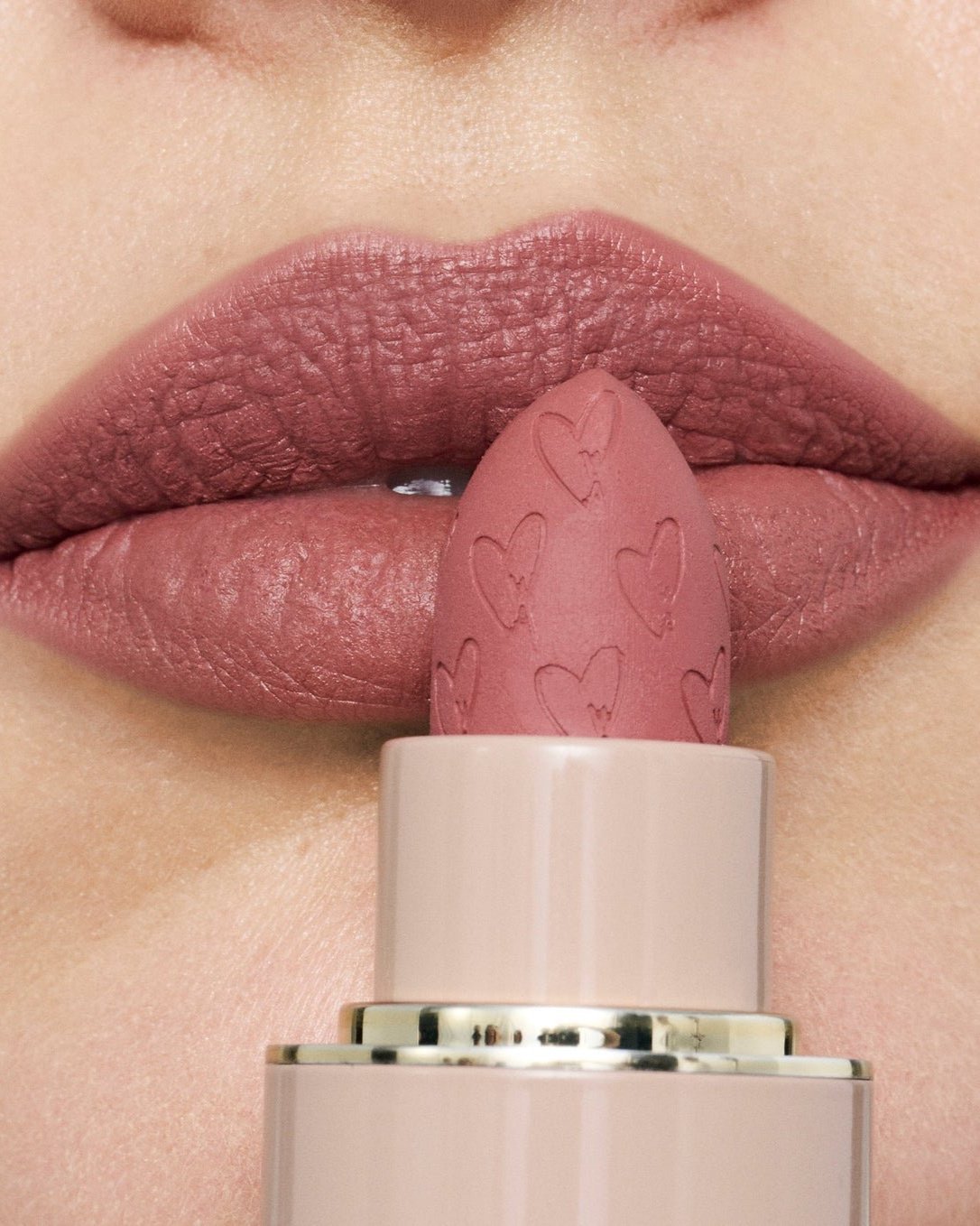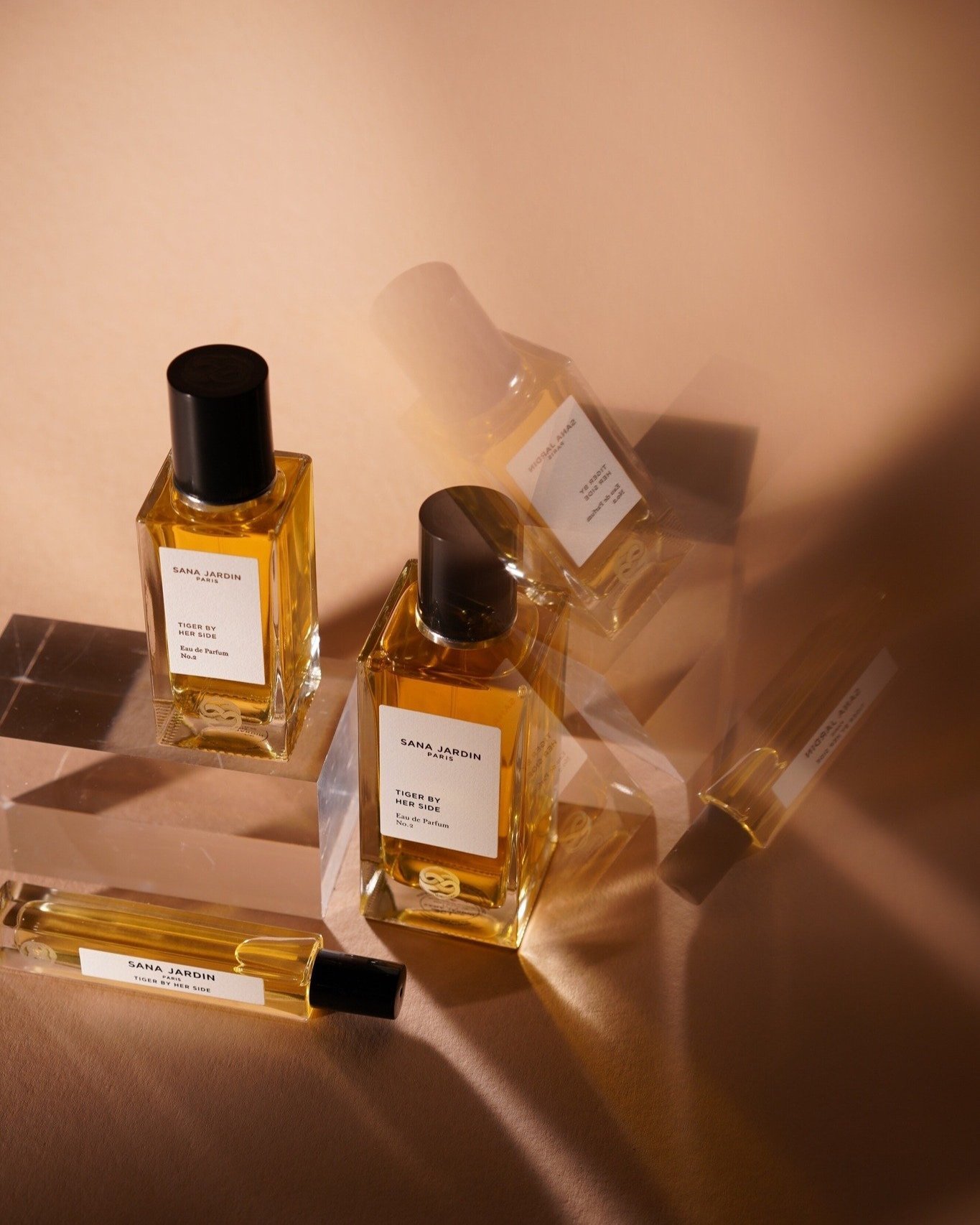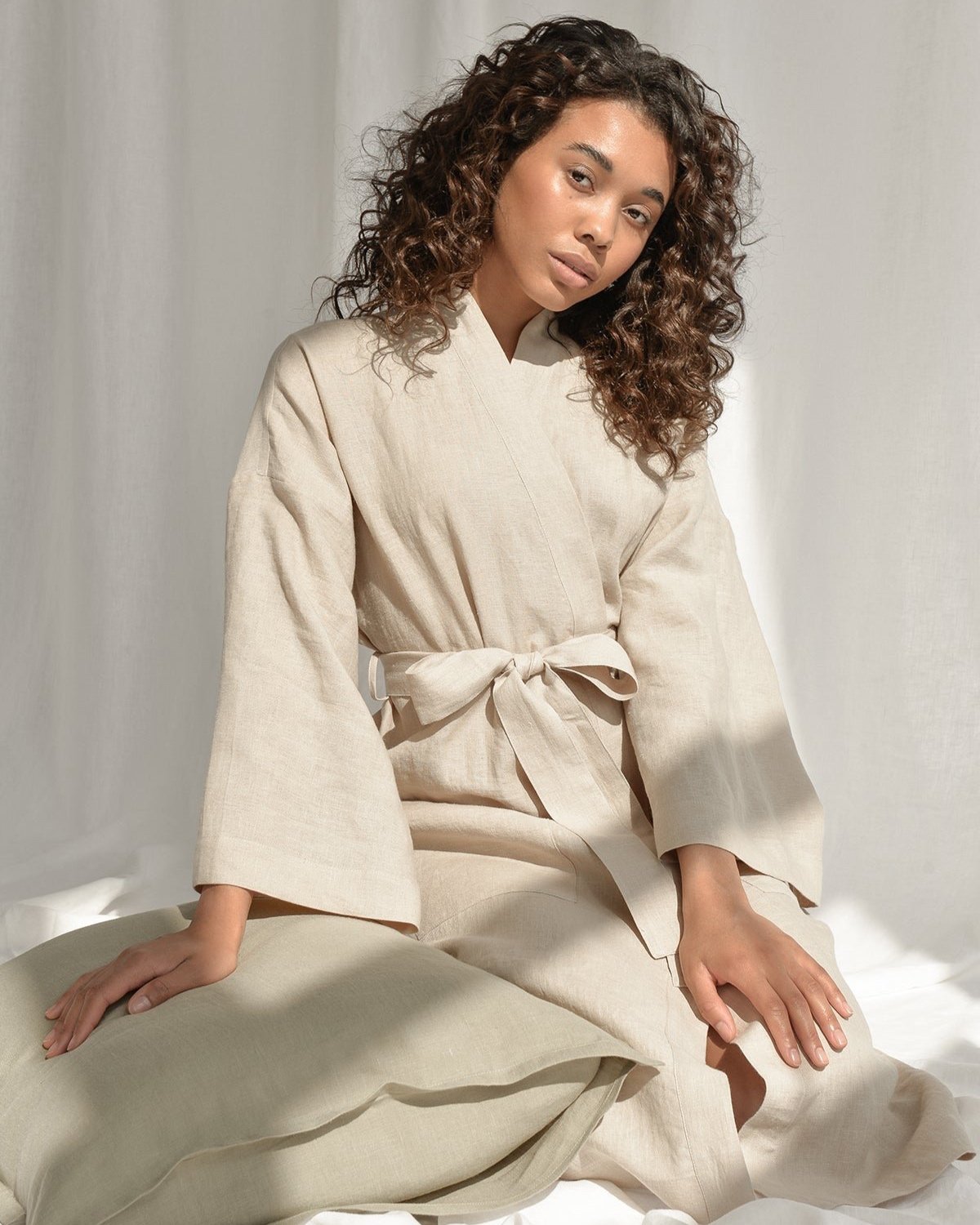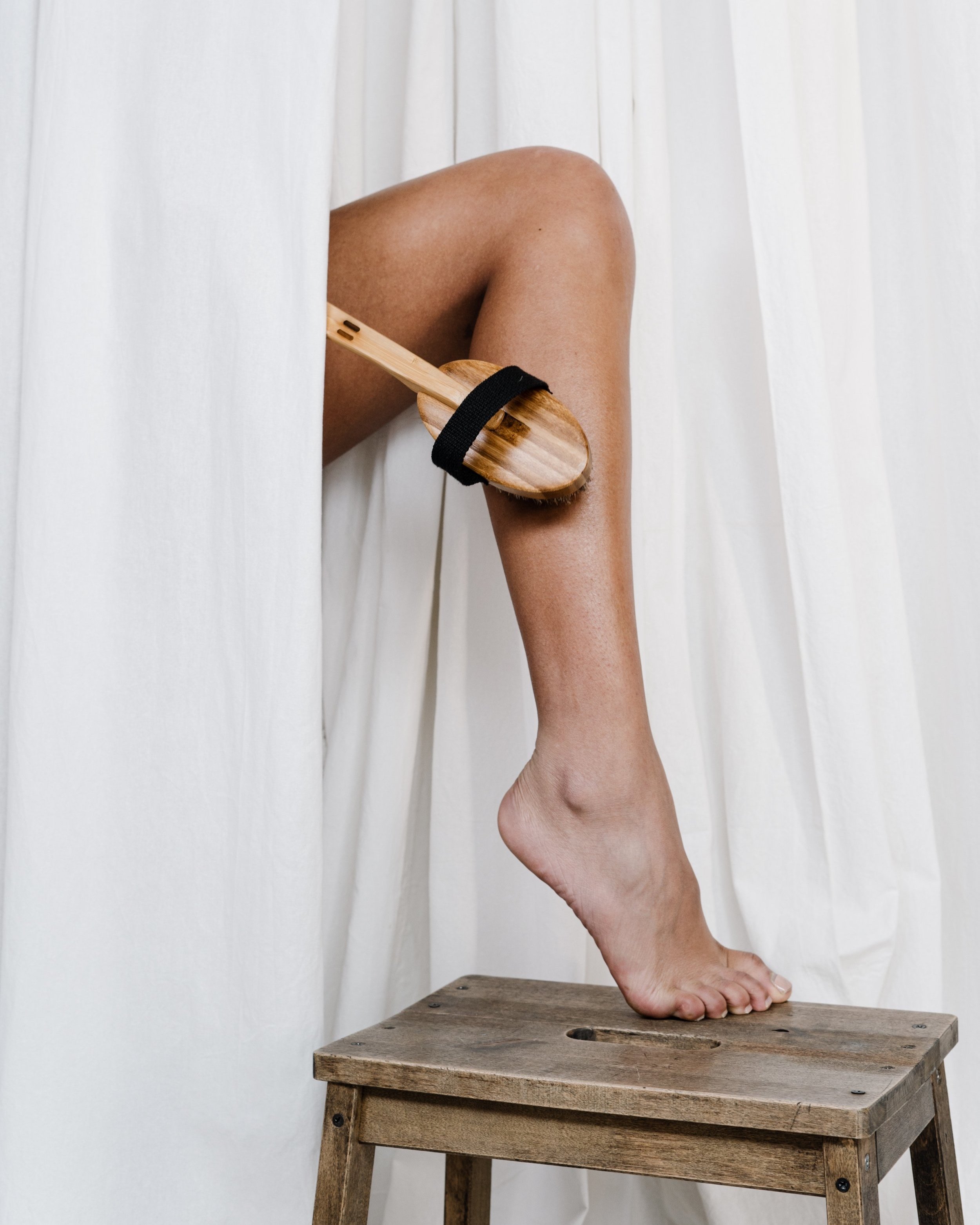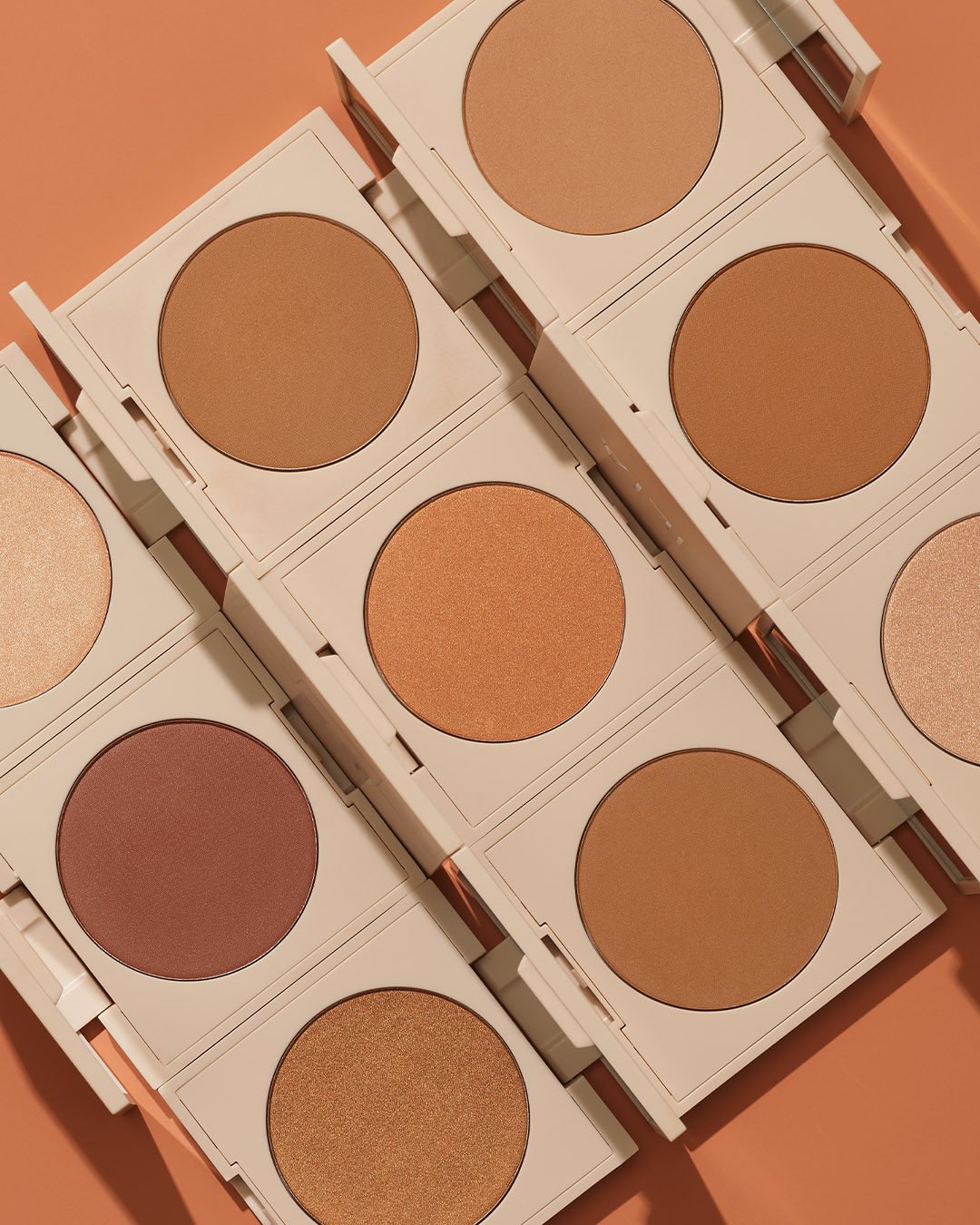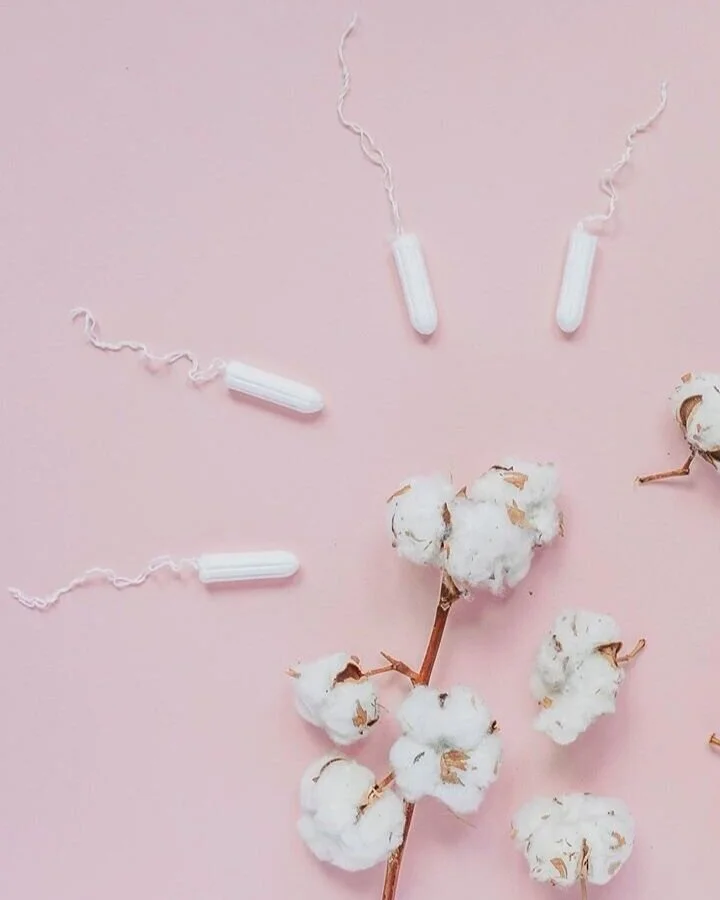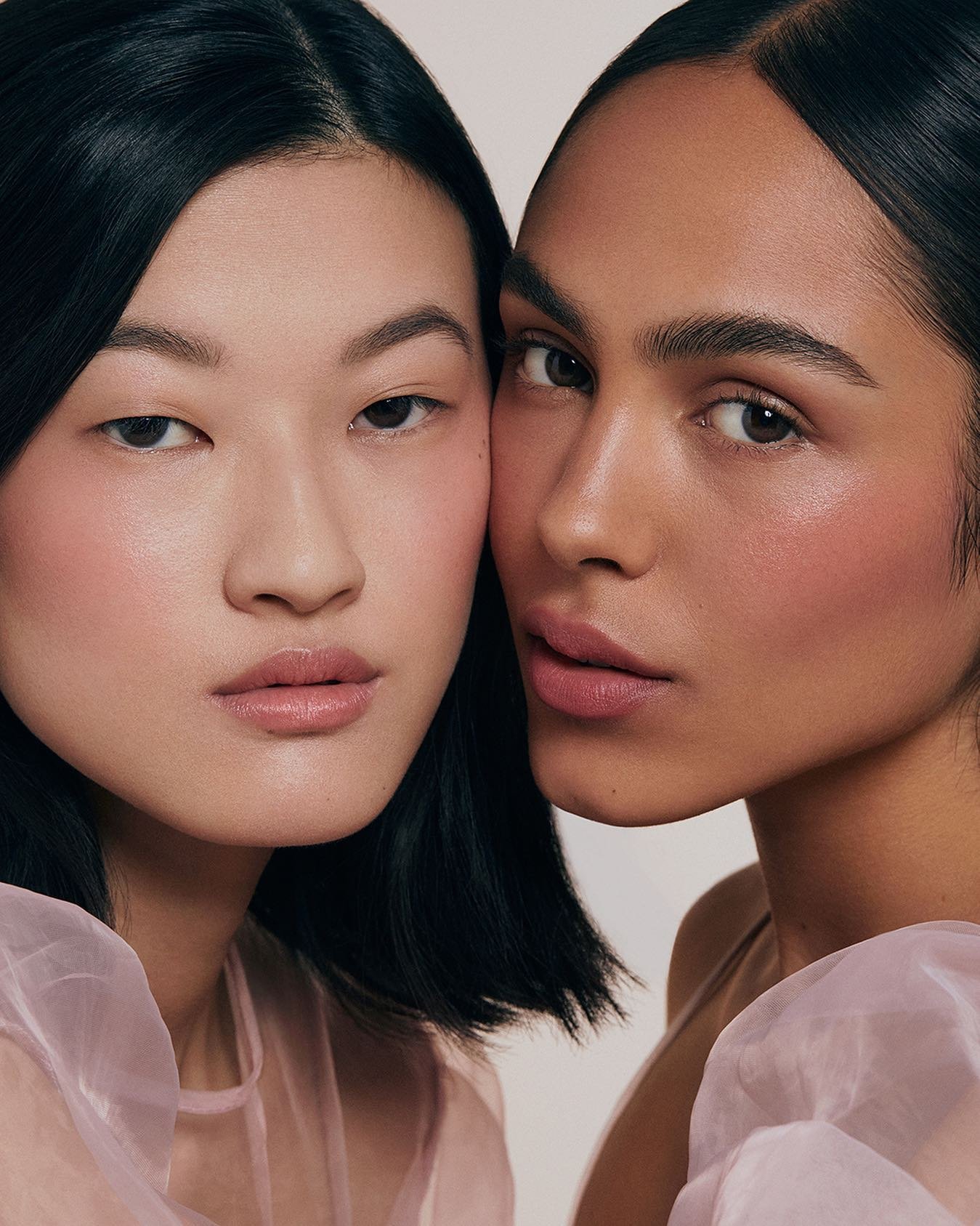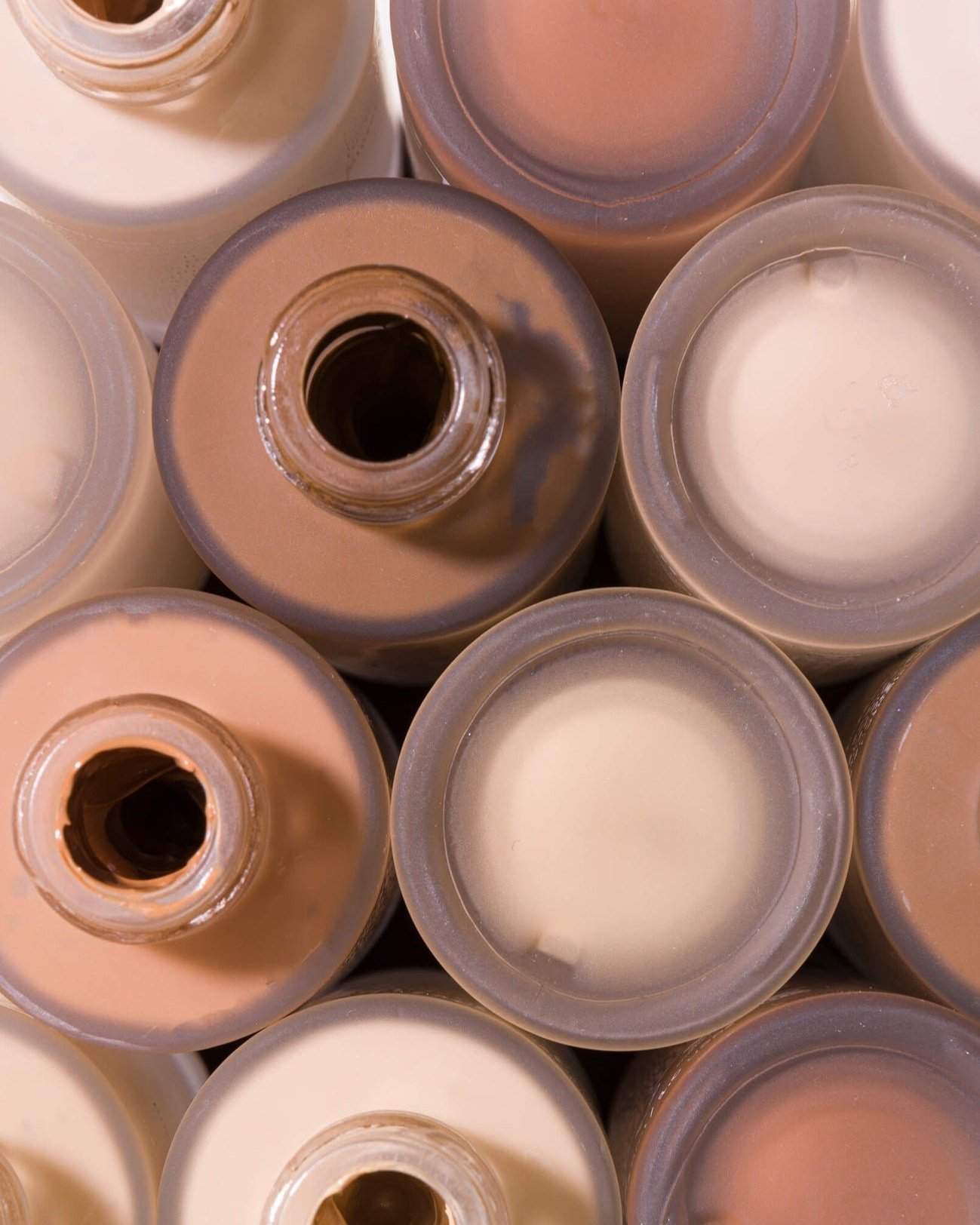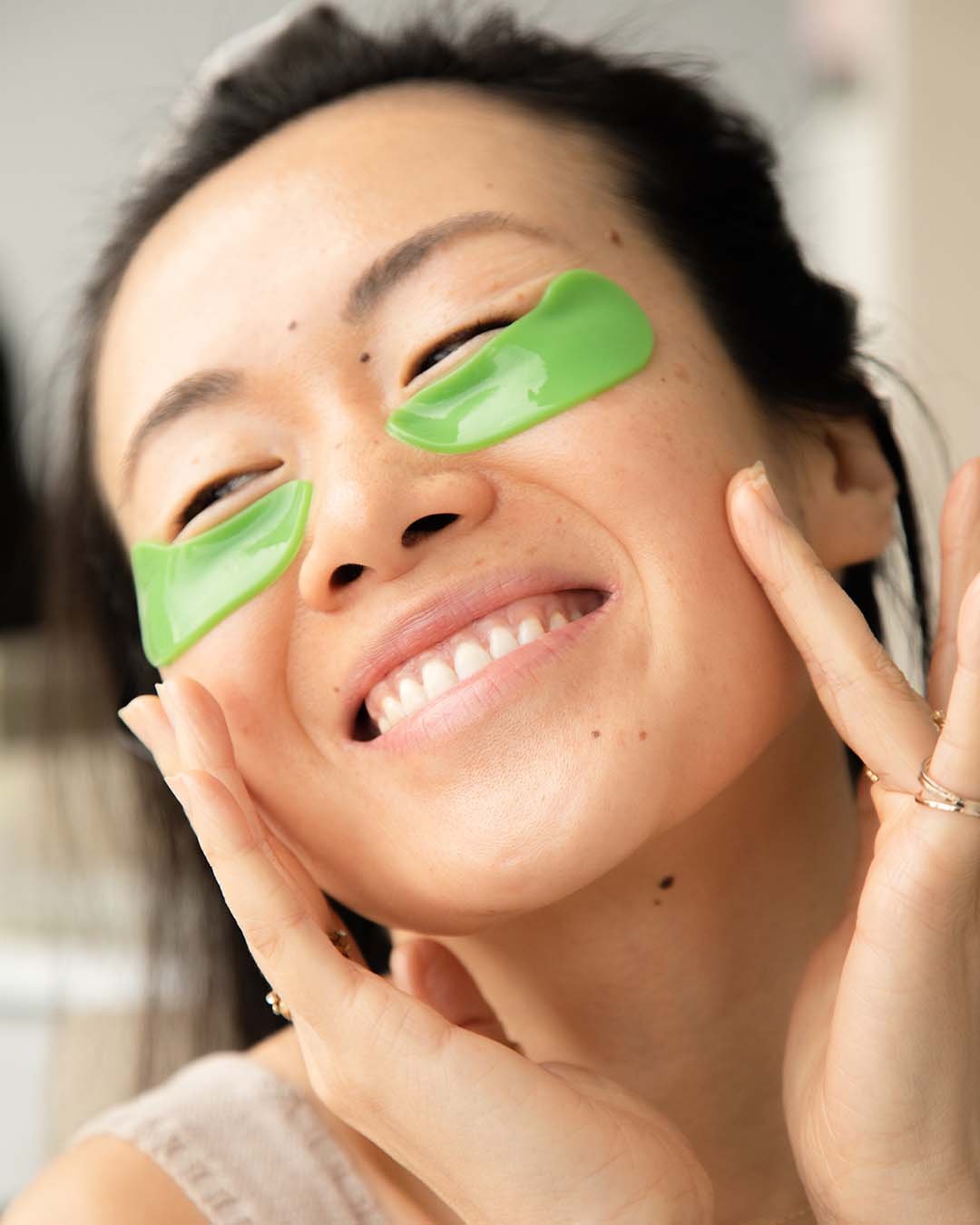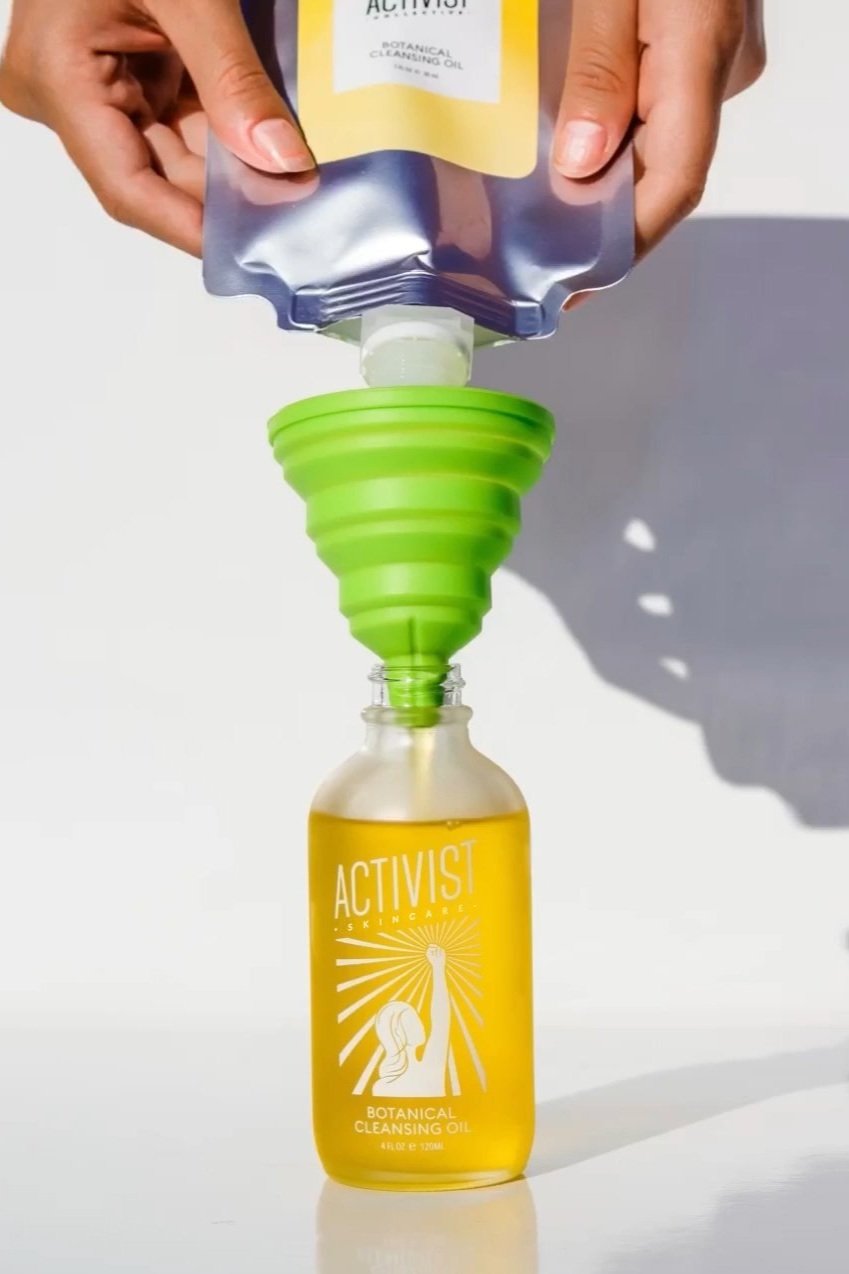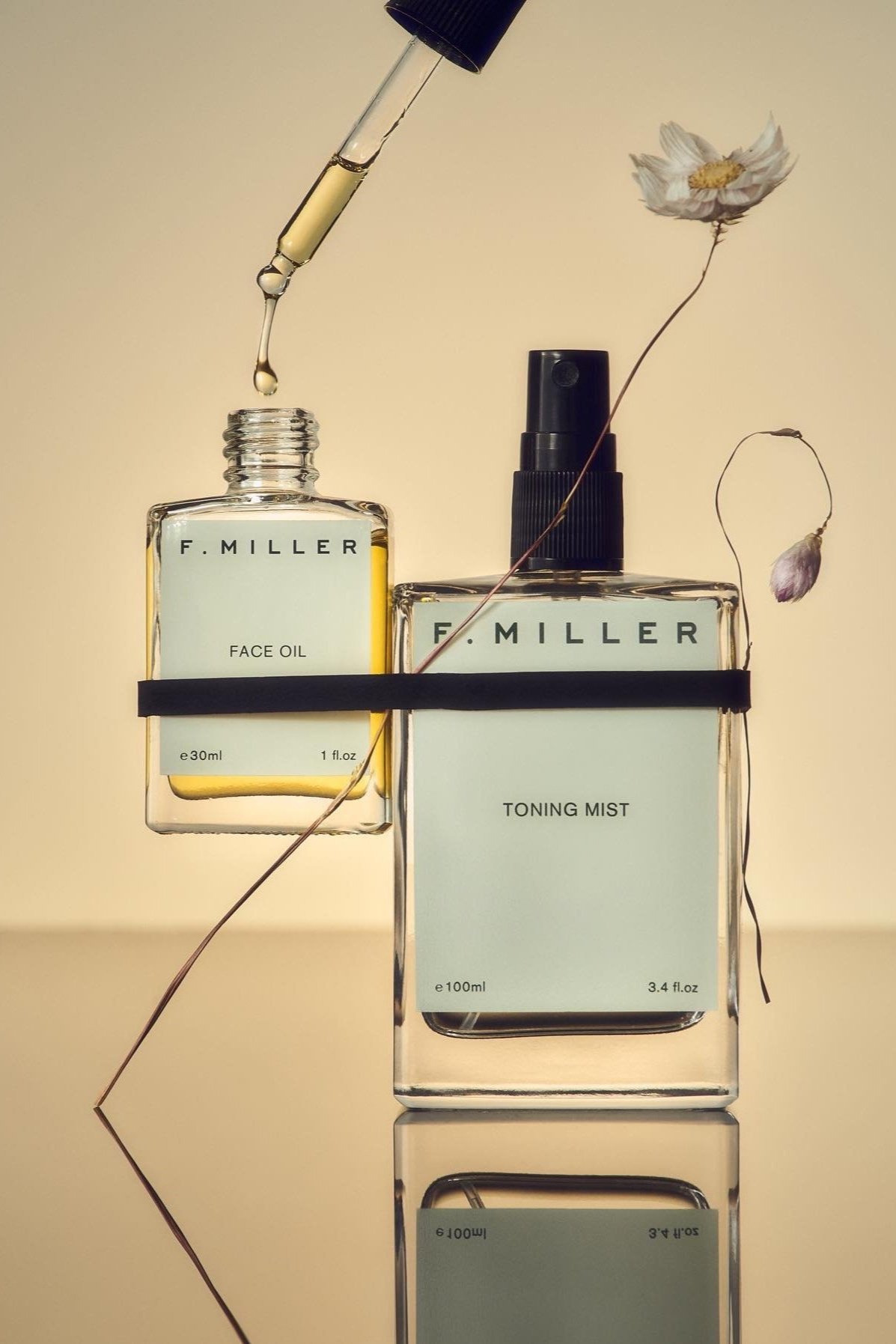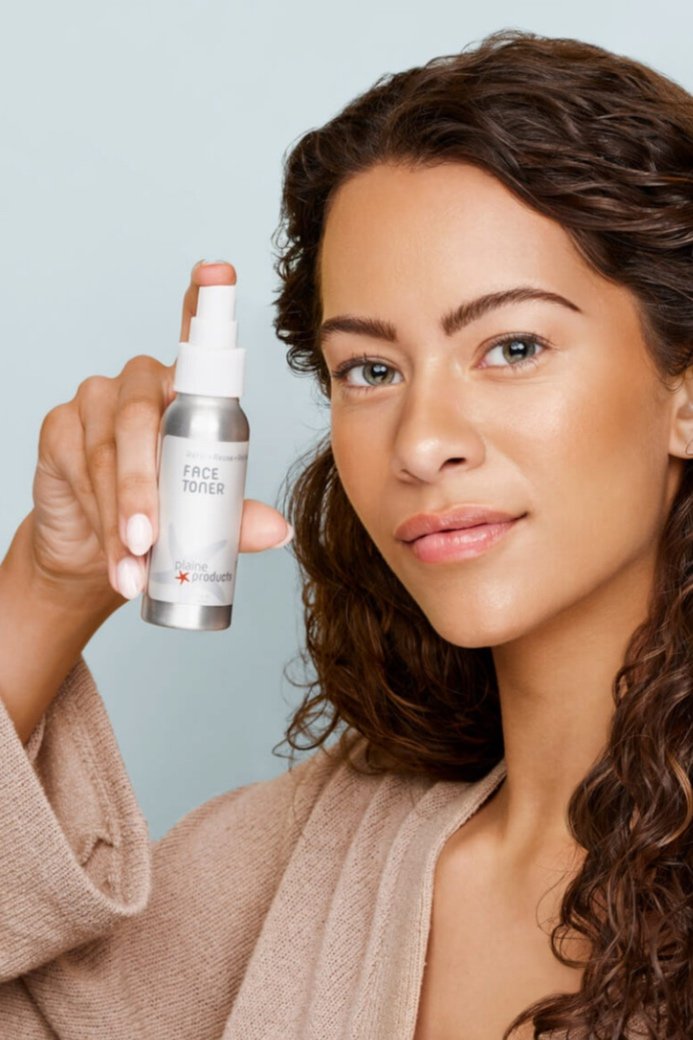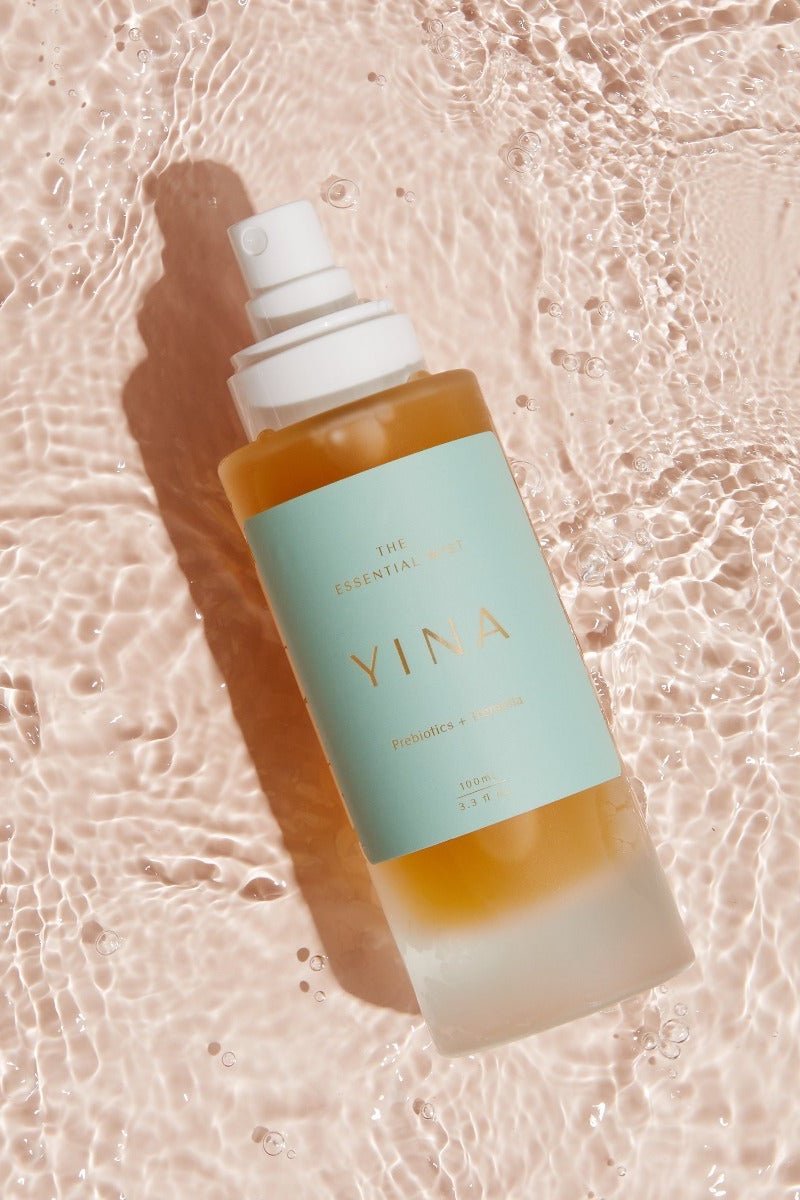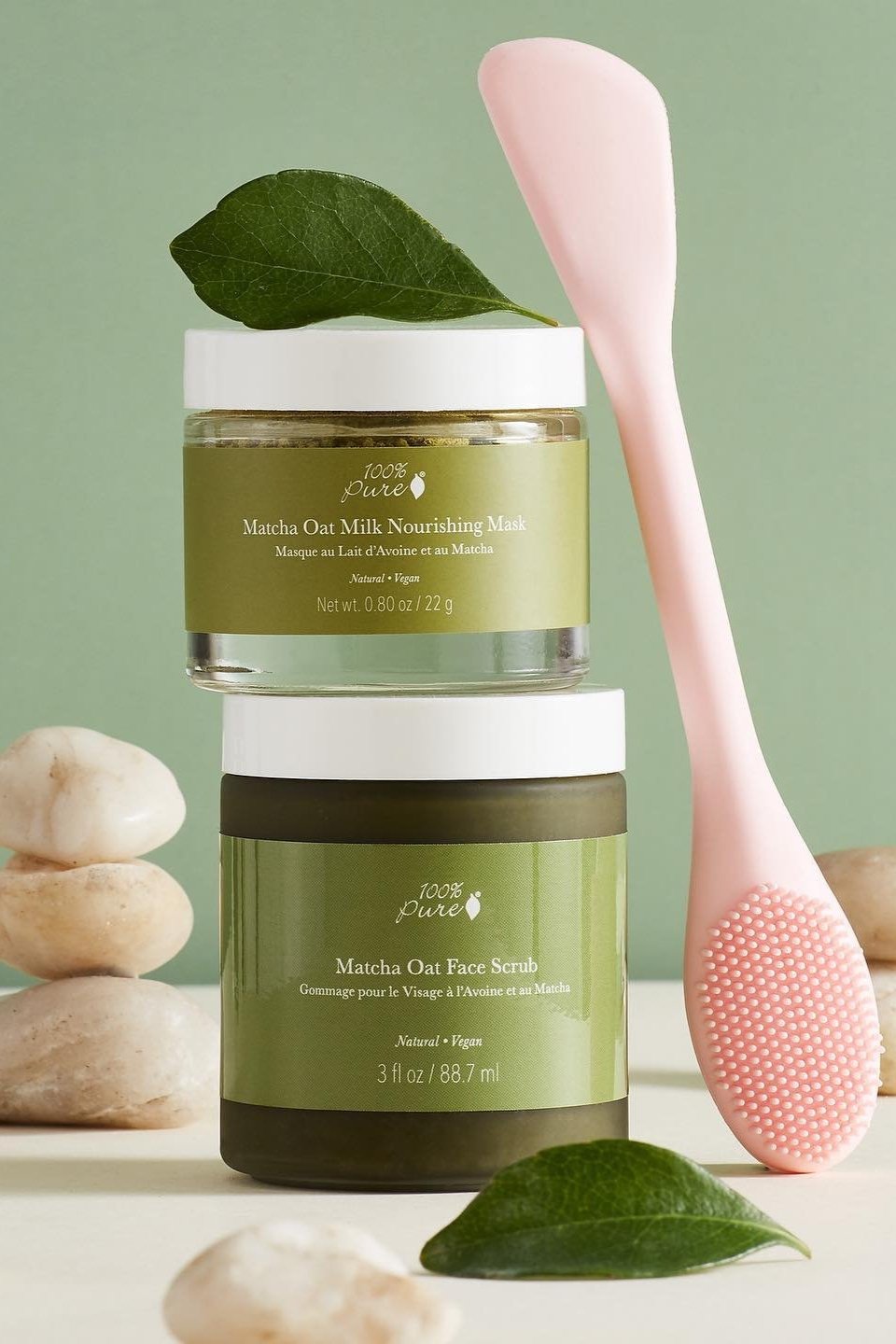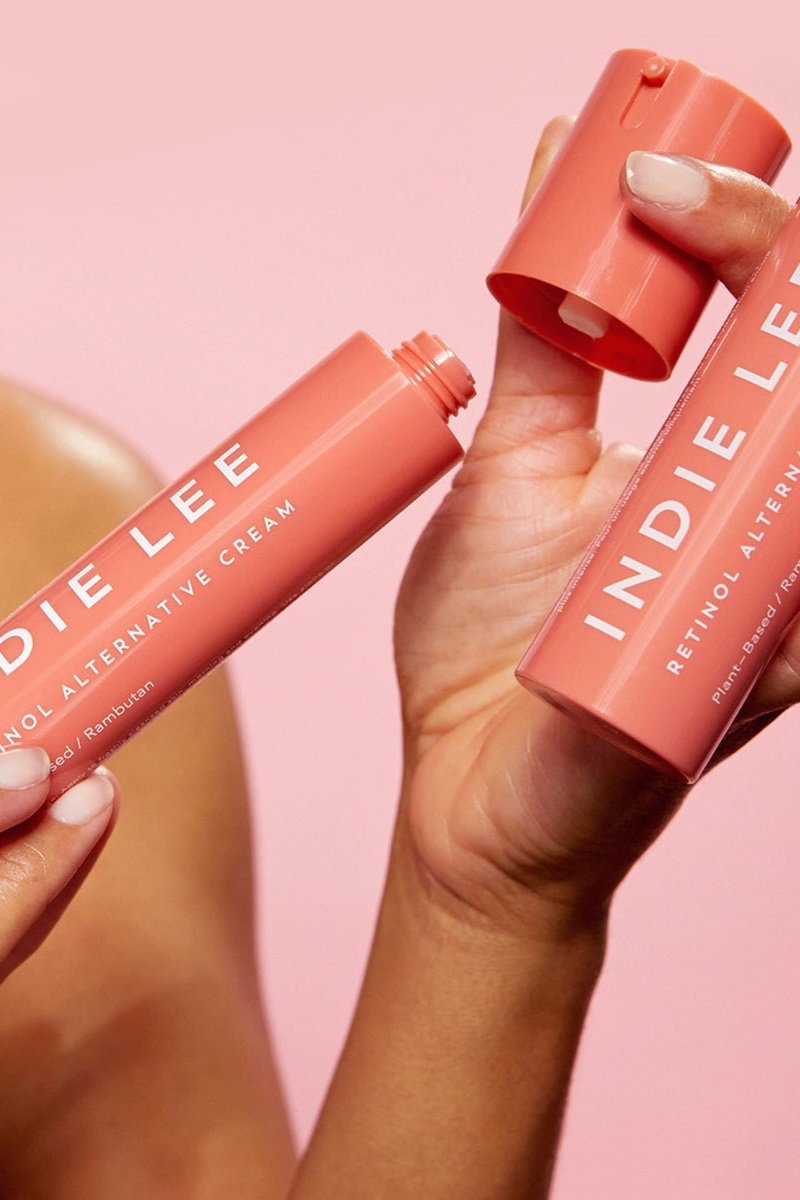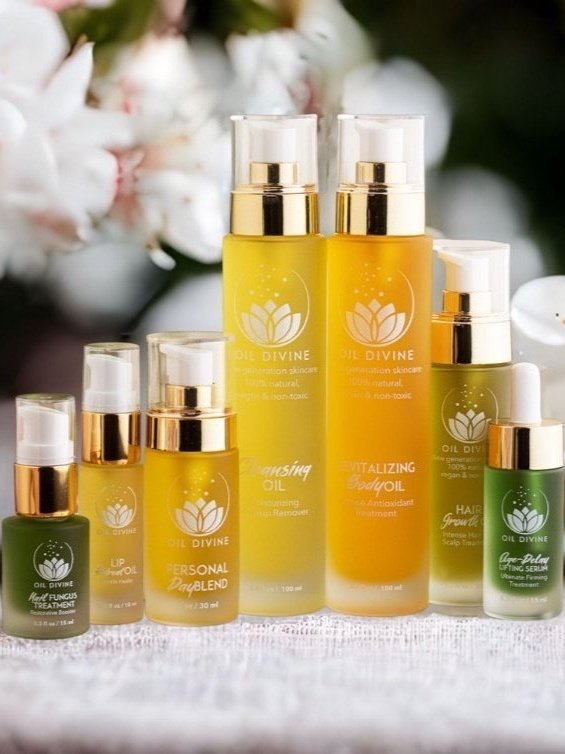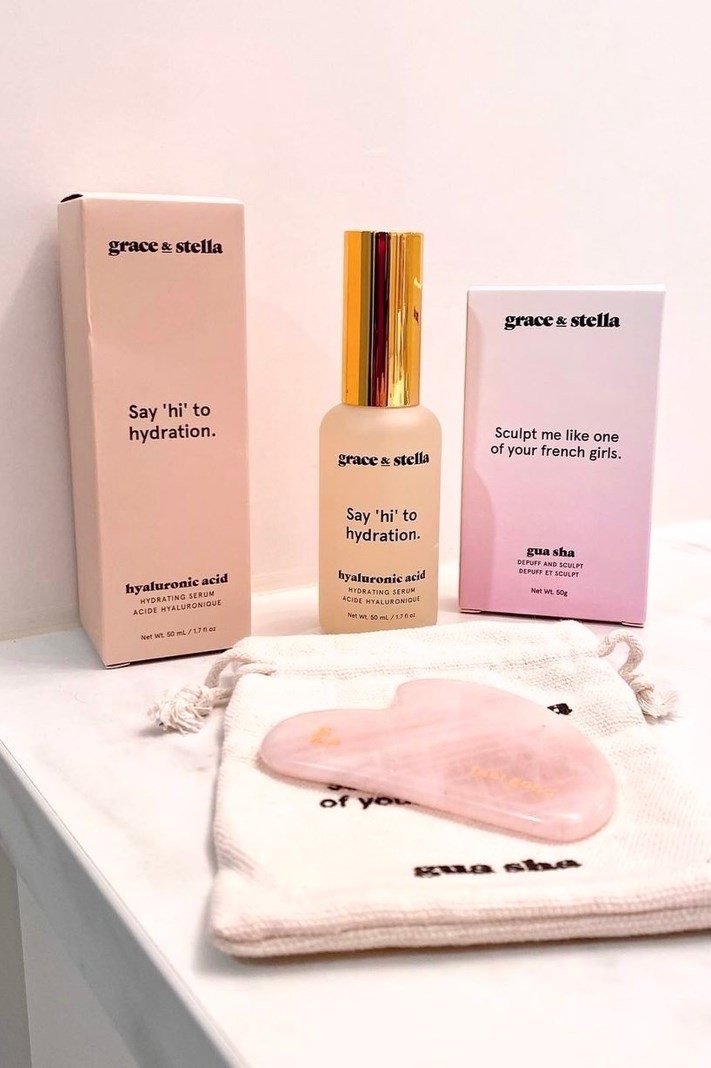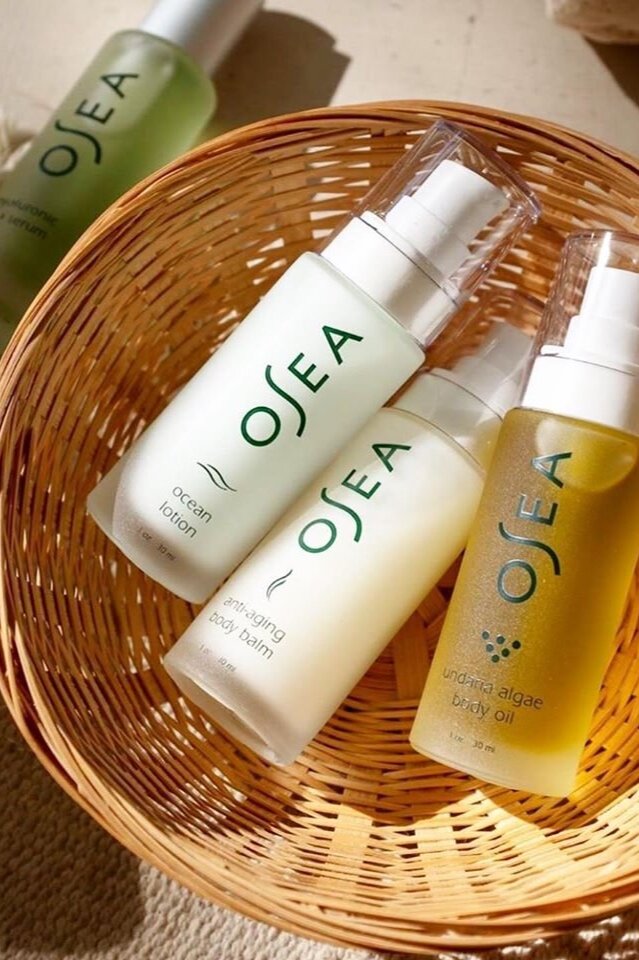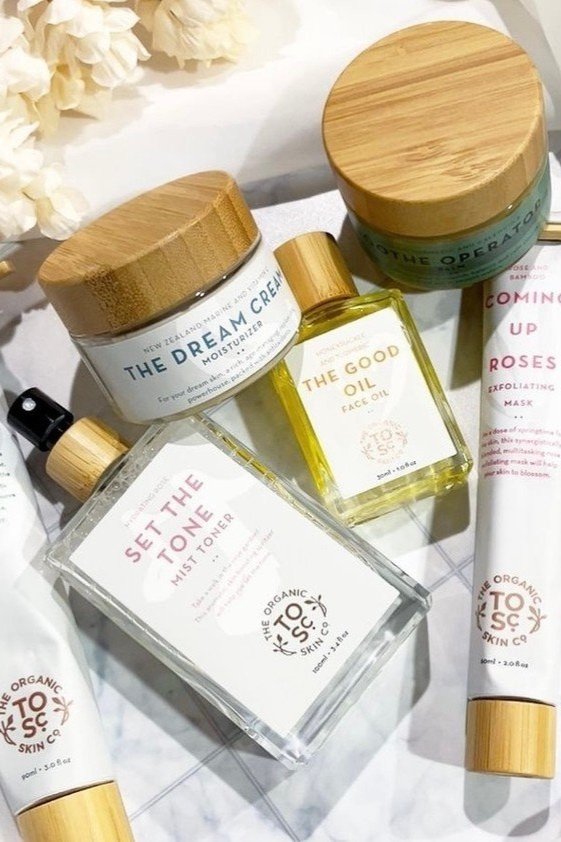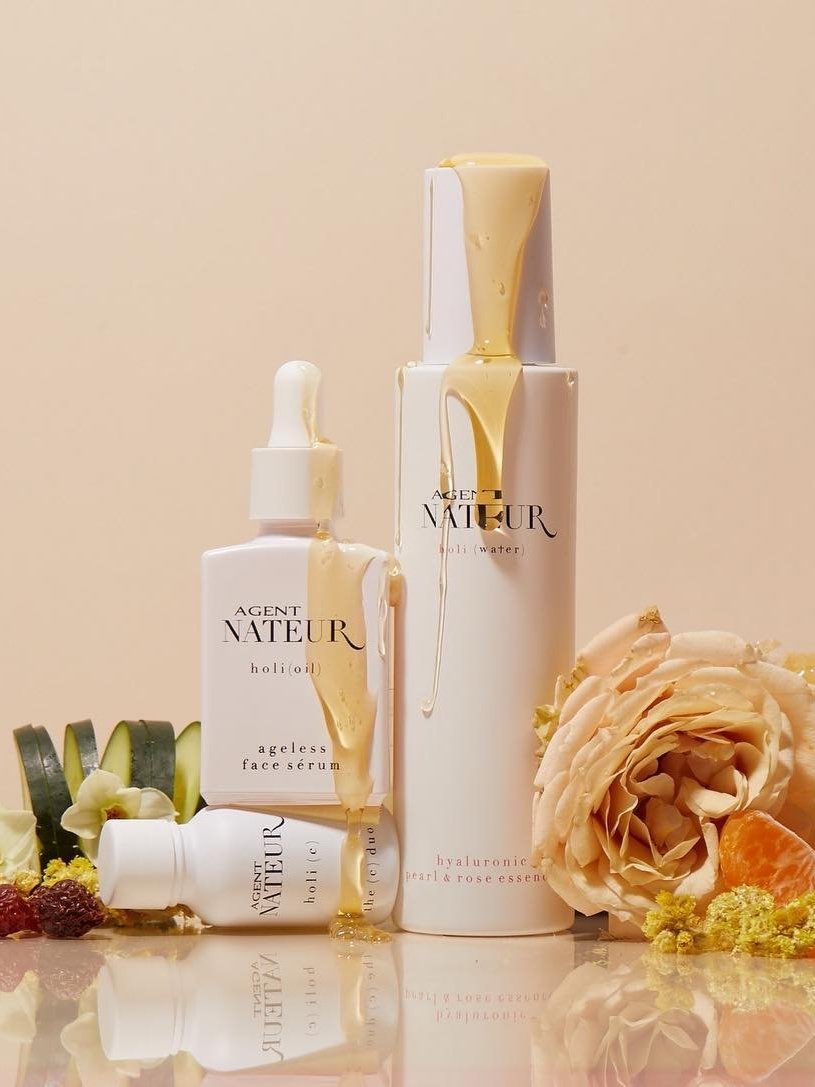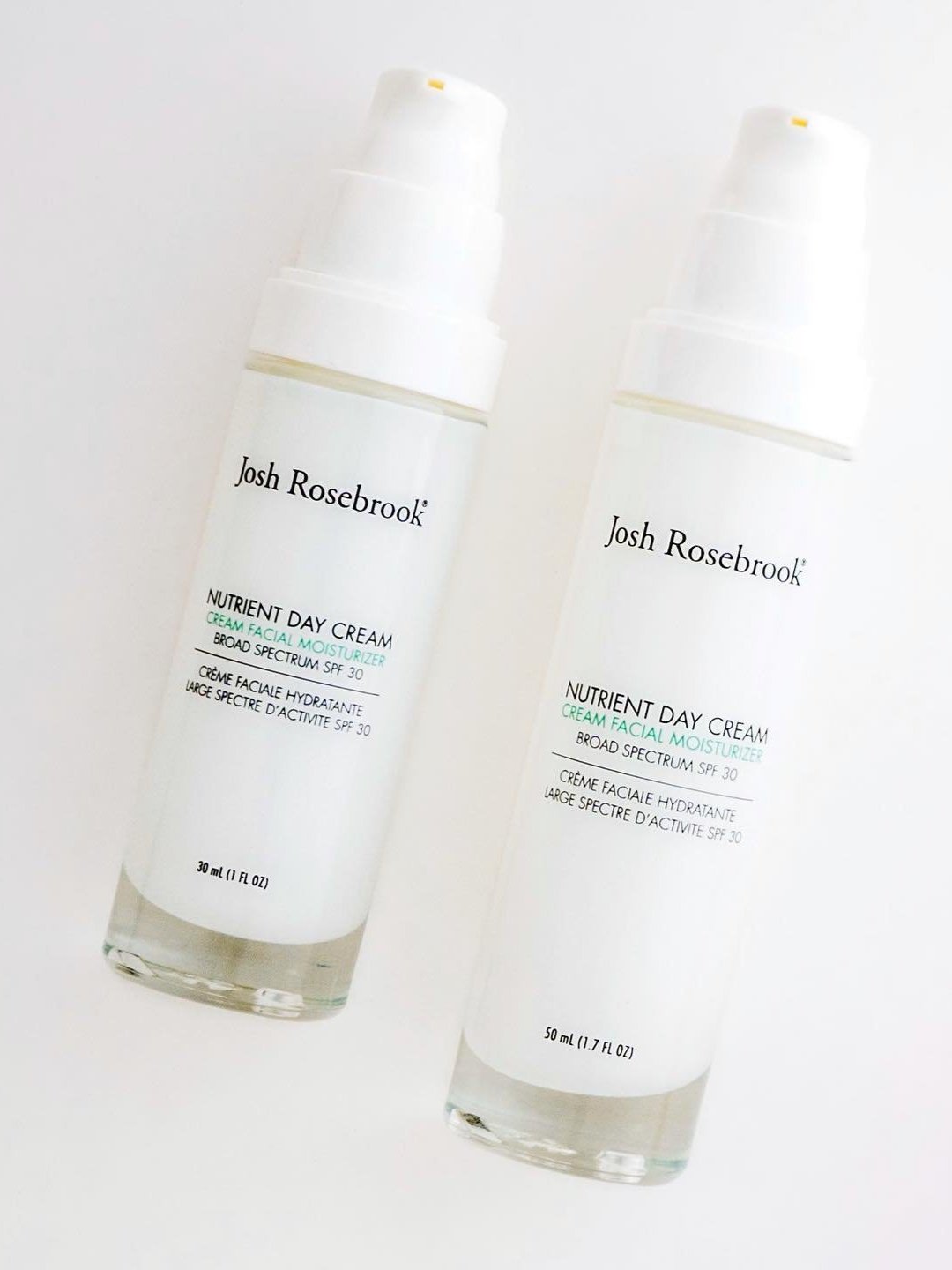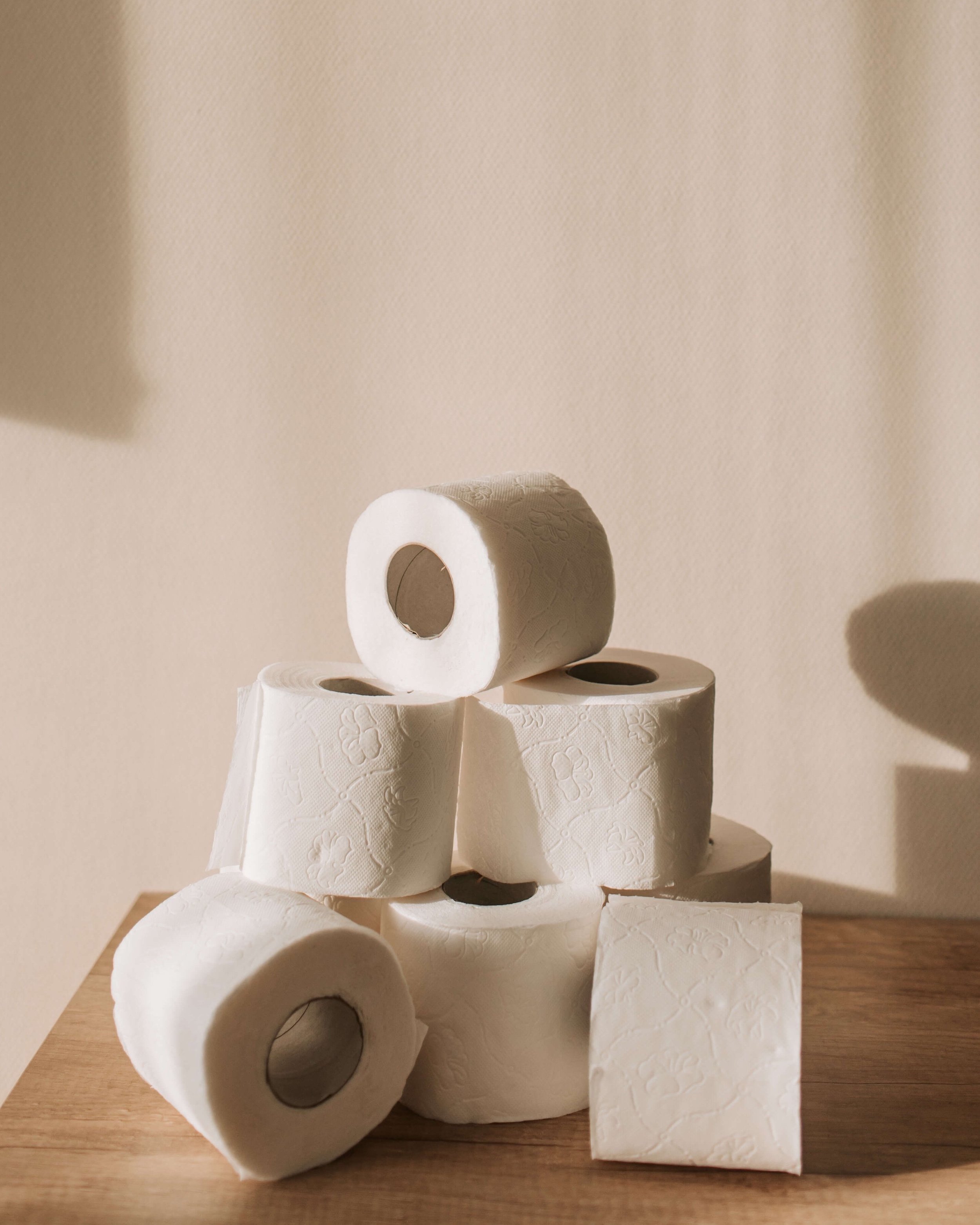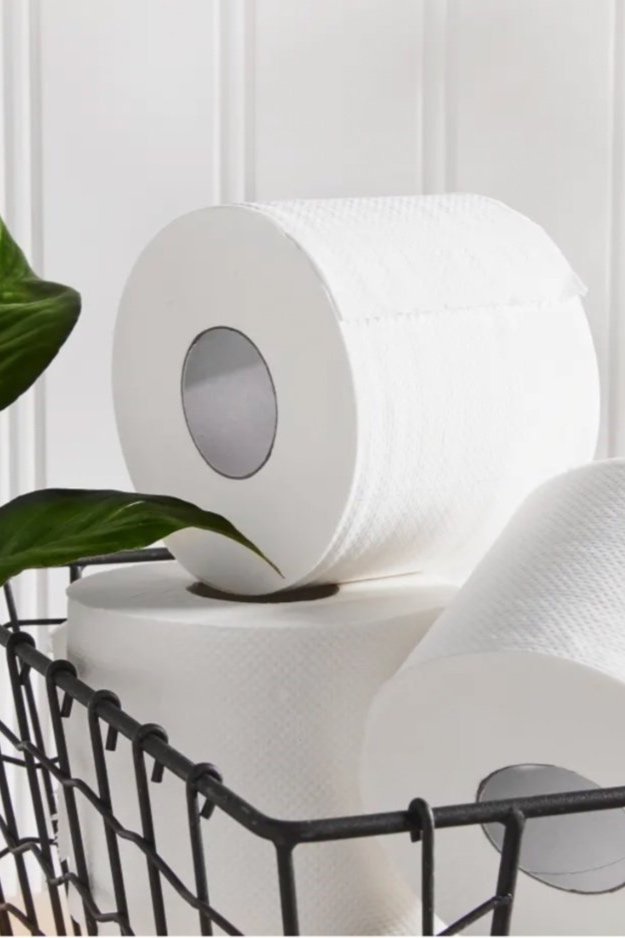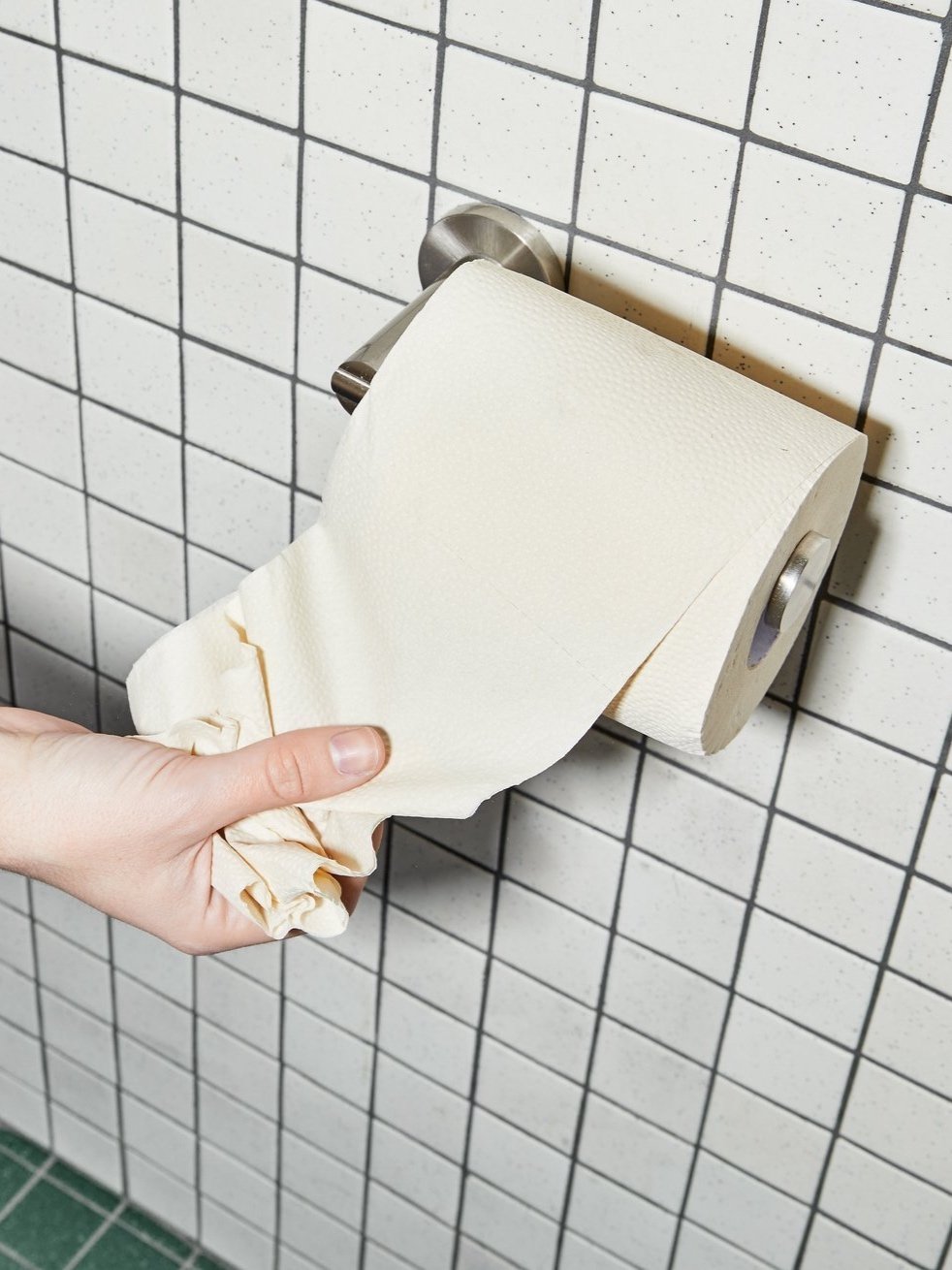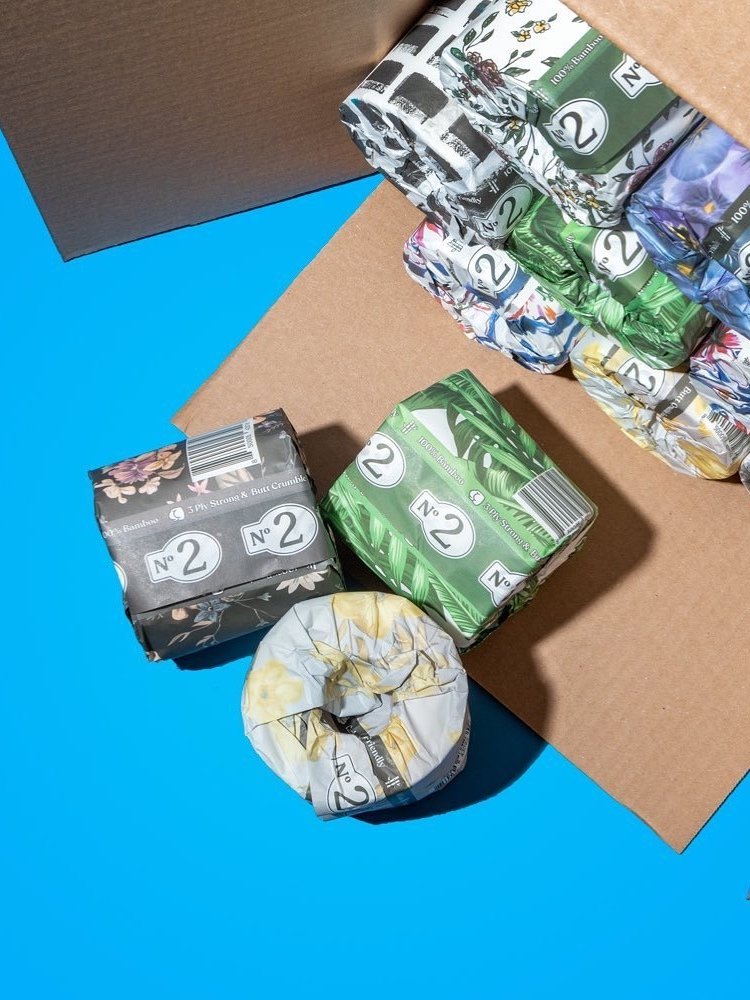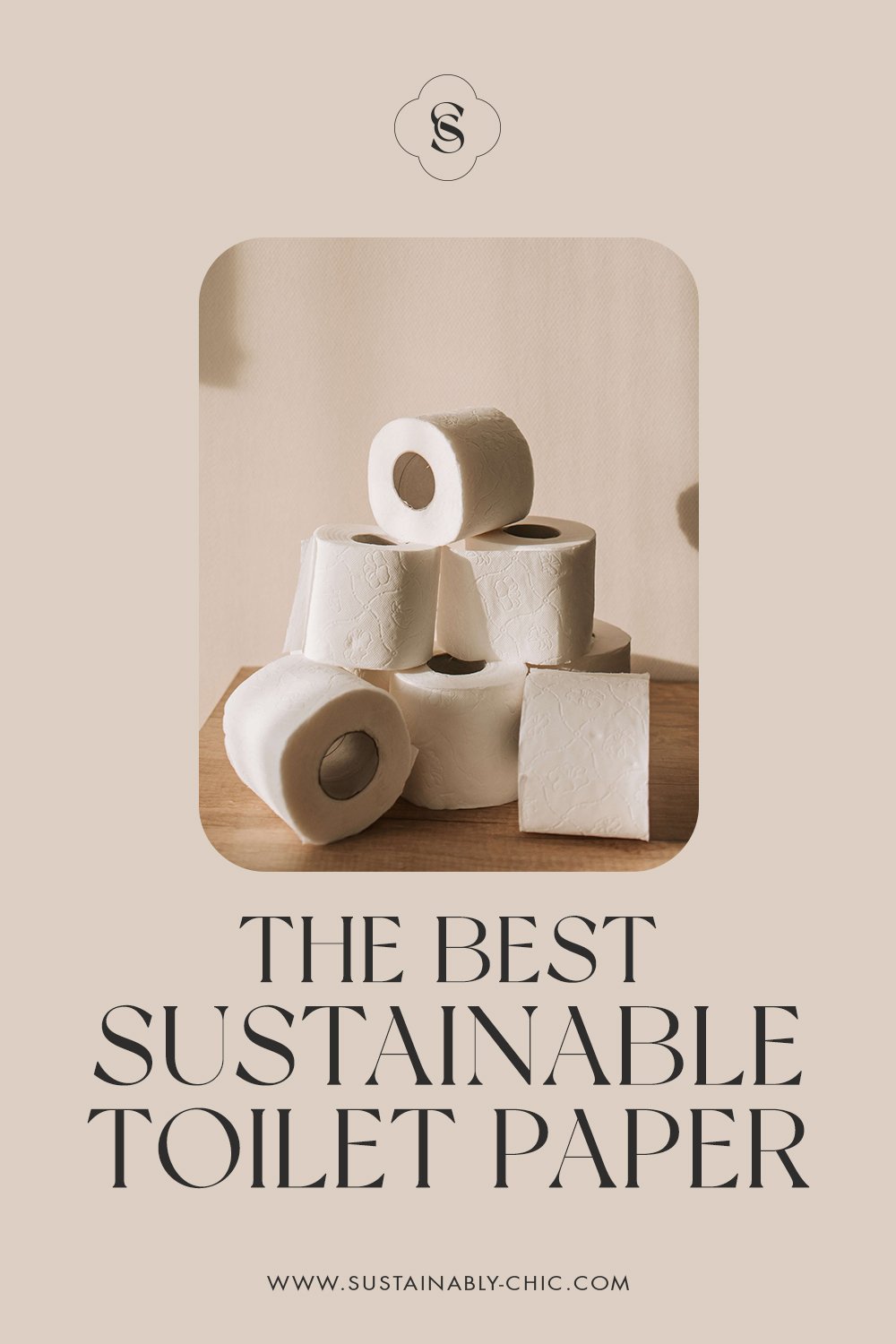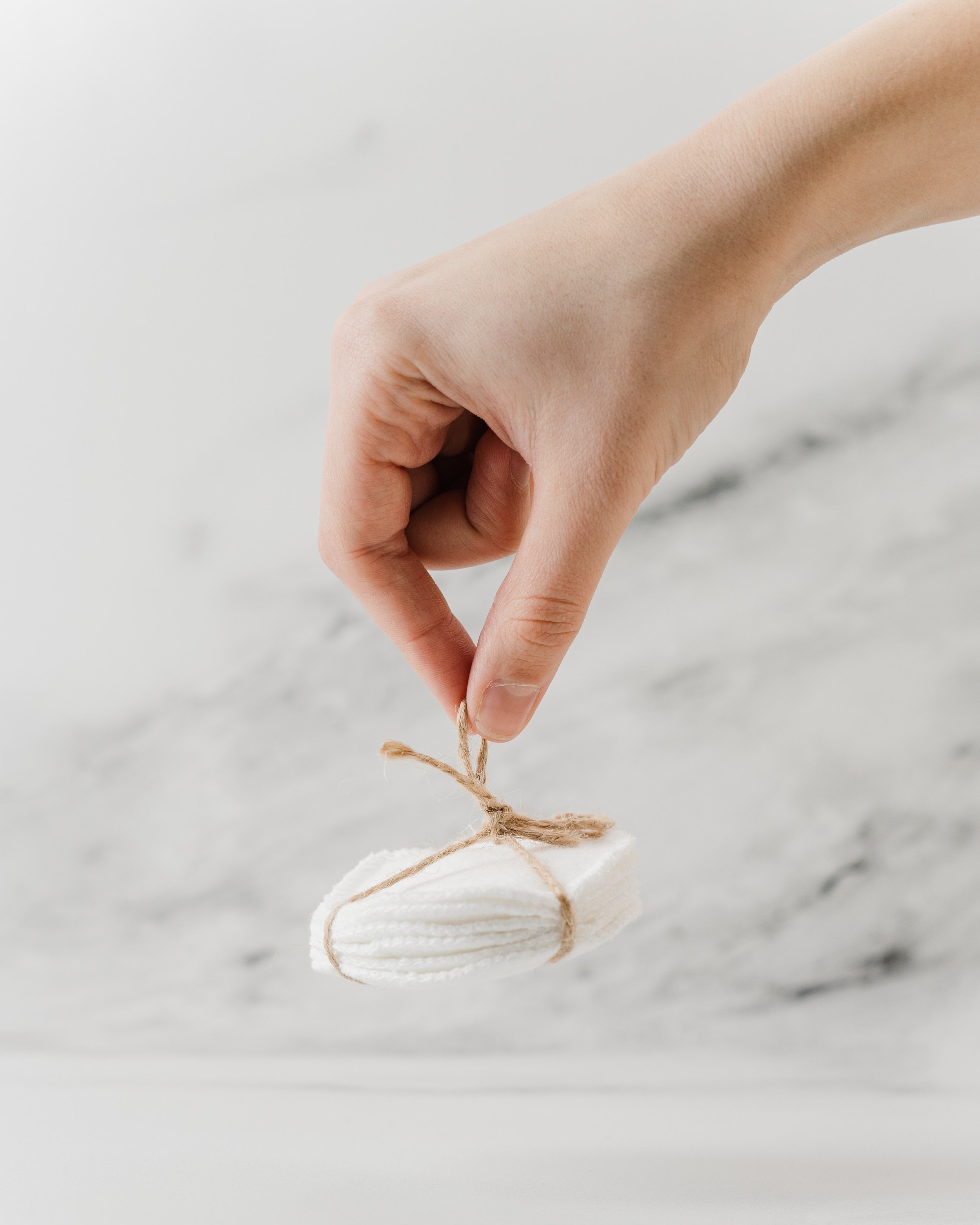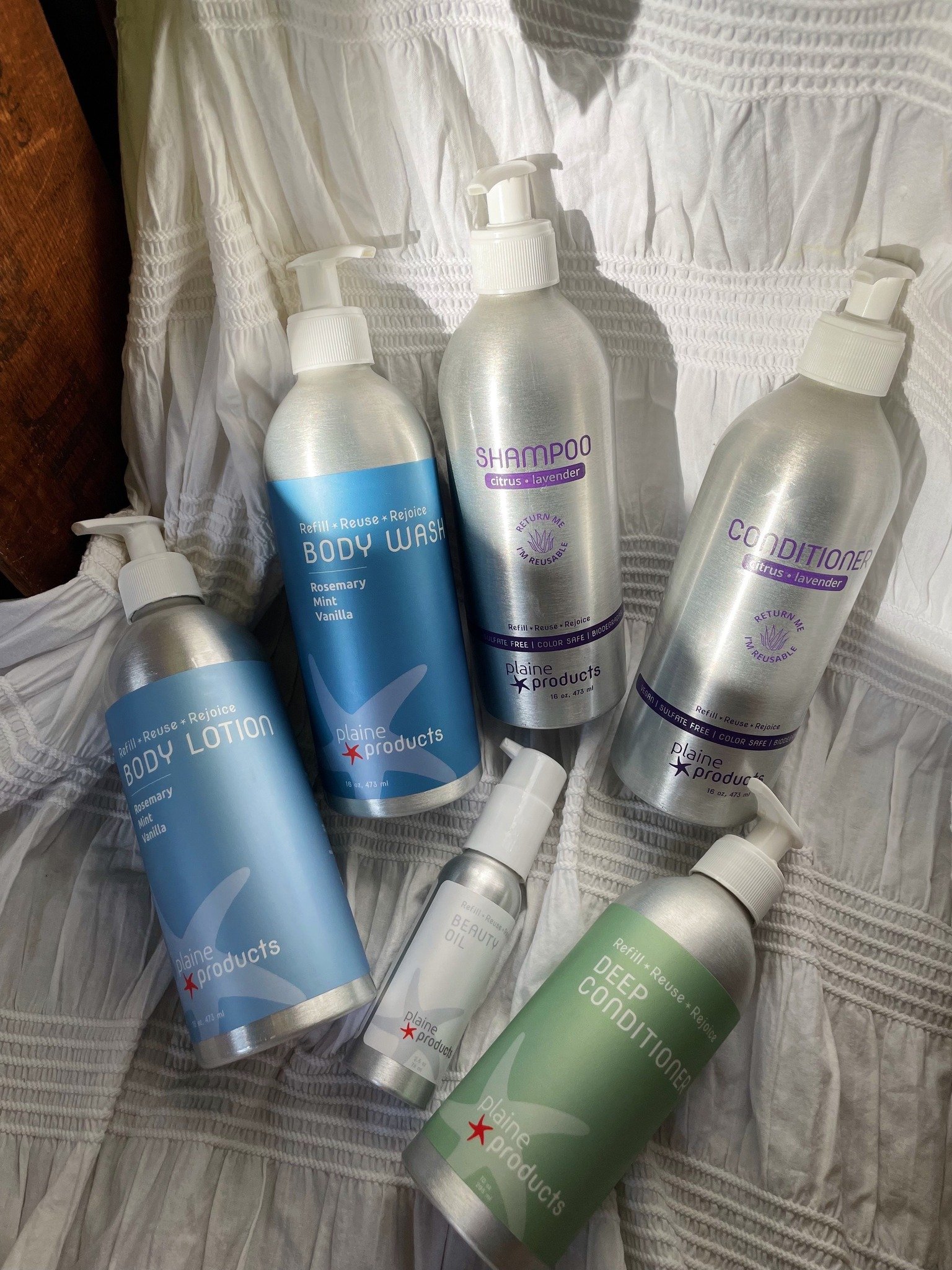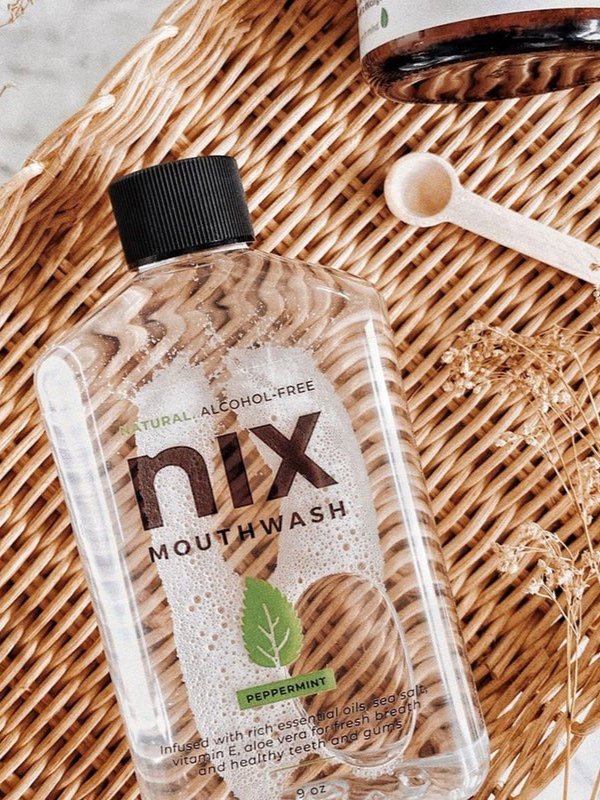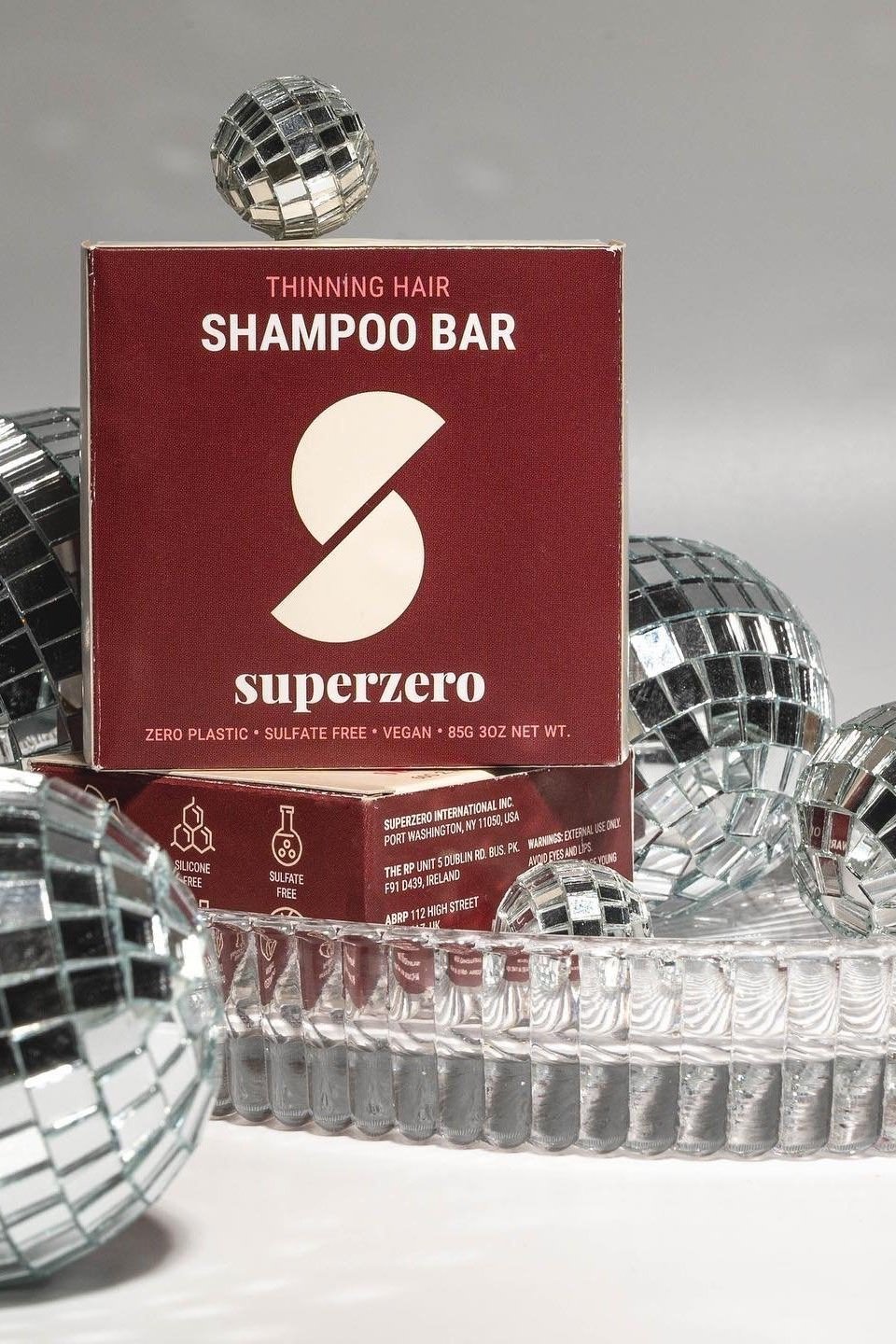Image: ILIA
Disclosure: Some of the links below are affiliated; we may earn a small commission if you click through and make a purchase. We only ever add brands & products we truly believe in. Thank you for supporting the brands who are making the beauty industry a better place!
The Best ORGANIC AND NATURAL MASCARAS
Whether we prefer a more natural look or full-face makeup, mascaras are a staple product many of us choose to have in our makeup bags. They add length and thickness, enhance the beauty of our lashes, and make our eyes pop.
Unfortunately, conventional mascaras are full of ingredients that can do more harm than good. Using those every day can dry out our eyelashes and irritate our eyes. Much worse, they can negatively impact our health in the long run.
But do not worry! In this article, you will find 12 brands selling organic and natural mascaras that will not only make your eyes even more beautiful but also nourish your lashes and improve their health.
We also made sure to include brands that make sustainability their priority, so both you and the planet can stay healthy.
WHY CHOOSE AN ORGANIC AND NATURAL MASCARA?
Most conventional mascaras are made with harmful chemicals that we should not put anywhere near our fragile eyes. Many contain parabens, formaldehyde, phthalates, preservatives, additives, and other toxic substances.
Some are even made with PTFE, which is Teflon! Yes, that unhealthy non-stick ingredient you find in your cookware!
Many of those chemicals are known carcinogens and endocrine disruptors we want to avoid. That is why we should only buy organic and natural mascaras made with clean, healthy ingredients.
Plus, the brands selling them are usually more sustainable and often offer eco-friendly packaging options, whether these are refillable mascaras or ones that come in aluminum, glass, or recycled plastic tubes.
WHAT INGREDIENTS SHOULD YOU SEARCH FOR?
Try to stay away from the toxic chemicals mentioned in the previous section. It is worth researching all the ingredients before buying any mascaras! If you cannot find the ingredient list, stay away from that brand.
Instead, buy mascaras made with certified organic and plant-derived ingredients. Usually, they will contain plant oils, natural clay and powders, food-grade pigments, and natural waxes and minerals.
For instance, you will find many organic and natural mascaras made with shea butter, beeswax, carnauba or candelilla wax, fruit pigments, aloe vera, and sunflower or castor seed oil.
Also, see if you can choose a brand that makes sure to use sustainably and ethically sourced ingredients.
OUR TOP PICKS FOR ORGANIC & NATURAL MASCARAS
1. ILIA
Water-Resistant / Certified Organic Ingredients
Price: $28
ILIA creates clean skincare and make-up products using natural and organic ingredients, active botanicals, and safe synthetics. Its two black mascaras are made in Italy and are both available in a full-size and a travel-size version.
The brand’s Limitless Lash mascara lengthens, lifts, and separates each lash and gives just the right amount of volume for a more natural look.
Very nourishing, it contains organic bee and carnauba waxes, organic shea butter, and fortifying arginine. This mascara won many awards in the past few years, including the Glamour Beauty Awards in 2019!
You can also buy ILIA’s Fullest Volumizing mascara, which adds volume, definition, and thickness to your lashes. This one is ideal if you want a full volume that will make a statement.
ILIA is a member of 1% For The Planet and Leaping Bunny certified. It even provides you with a prepaid shipping label that you can use to send your empty beauty products (including mascara tubes and wands!) to the Pact Collective so they can get recycled.
2. Elate Cosmetics
Vegan / Water-Resistant / B Corp Brand / Certified Organic Ingredients
Price: $22-30
Elate is a sustainable, cruelty-free make-up brand advocating for a low-waste beauty industry.
It offers two water-resistant mascaras that you can get in black or dark brown.
Both are created for sensitive eyes and made with gentle, vegan ingredients sourced from fair trade and ethical sources.
Formulated with organic white tea, they are packed with antioxidants so you can have healthier, stronger eyelashes. They are also pigmented with only naturally occurring minerals.
What sets Elate apart from other brands is its responsible packaging. Its Original mascara is packaged in a recyclable plastic tube and encased in bamboo. Even better, its Essential mascara is refillable and packaged in a recyclable glass tube with a bamboo wand. Plus, all the bamboo the brand uses is FSC-certified, water-processed, and never chemically treated!
Elate is also a certified B Corp, plants a tree for every order and donates 2% of its annual profits to different social and environmental initiatives. You can even mail back your empties to get them properly recycled.
3. 100% PURE
Vegan / Water-Resistant
Price: $28
100% PURE develops organic and natural cosmetics and skincare with a commitment to never test on animals or use synthetic ingredients. It has two water-resistant, fruit-pigmented mascaras made with ethically sourced ingredients, including nourishing oils, ultra-conditioning proteins, and vitamins. Both are completely free of harsh chemicals, preservatives, dyes, additives, and colorants.
They will separate and lengthen your lashes without smudging, flaking, or clumping.
100% PURE’s mascaras come in a variety of gorgeous colors, from purple and blue to black and brown. The brand makes them using natural, antioxidant-rich pigments from black tea, cocoa, blueberries, and blackberries.
The brand’s Ultra Lengthening mascara was even a finalist at the 2018 CertClean Clean Beauty Awards!
What’s more, for every order, 100% PURE either donates a vegan meal to a shelter dog in China or donates the cost of a tree to Trees For The Future. You choose at checkout! The company also works on different projects with other charities and nonprofits.
4. Well People
Vegan / Fair Trade Certified Factory
Price: $20
Well People creates clean beauty products from premium, plant-powered ingredients. Designed to hydrate and condition your lashes, its three mascaras are packed with natural, ethically sourced ingredients like castor seed oil, vitamin E, jojoba oil, rice bran, and sunflower seed oil. They are available in black or brown and do not contain synthetic fillers, preservatives, sulfates, fragrances, or other unhealthy substances.
The Expressionist lengthening mascara will elongate, nourish, and define each of your lashes, making them look naturally long and healthy. On the other hand, the brand’s volumizing mascara, which won the Allure Best of Beauty Awards in 2020, will give you a more dramatic and feathery lash look and leave you with fluffy-looking lashes.
Well People’s products are Leaping Bunny certified and verified by the Environmental Working Group. The brand also works with a Fair Trade Certified factory, which is very unusual in the beauty industry!
Plus, its boxes are printed on FSC-certified paper, meaning that they are recyclable and compostable, and are made with materials sourced from responsibly managed forests.
5. The Organic Skin Co
Vegan / Certified Organic Ingredients
Price: $29
The Organic Skin Co makes natural and organic skincare and make-up products using supercritical CO2 extraction technology. It means that the brand captures the plants’ full spectrum of nutrients, so the extracts are more concentrated, whole, and pure compared to conventional plant extracts. It has a black mascara designed for sensitive eyes and made with these revolutionary CO2 extracts. It will curl and lengthen your lashes while nurturing and protecting them.
Free of harmful synthetic toxins, the mascara is botanically infused with organic aloe vera, shea butter, castor oil, CO2 extracts of rosemary and honeysuckle, and organic carnauba wax.
We also love that CO2 extraction is a zero-waste extraction method with no run-offs, and is certified organic! The mascara also comes in a recyclable plastic container and is packaged in FSC-certified cardboard.
The Organic Skin Co uses cruelty-free, responsibly sourced ingredients, ships its products in compostable mailer bags, and plants a tree for every purchase.
6. Kjaer Weis
Refillable / Certified Organic Ingredients
Price: $24-26
Kjaer Weis has been a pioneer in sustainable beauty with its refillable make-up and skincare products. The brand sells three black mascaras, all of which are ethically crafted and free of harmful chemicals.
All three of them are certified organic and formulated with clean ingredients, such as rice flour, jojoba seed oil, carnauba wax, beeswax, marula oil, or raspberry fruit water.
However, each one gives your eyelashes a different look. Kjaer Weis’ lengthening mascara adds subtle definition and incredible length to lashes, while its volumizing mascara lifts, thickens, and conditions them with its nourishing oils and waxes.
And if you want a mascara that adds both length and volume, the brand has you covered with its Im-Possible mascara!
All three mascaras are refillable: they feature an outer packaging made of aluminum or an alloy of metals, which you can reuse with Kjaer Weis’ refills made of 50% post-consumer recycled plastic.
Finally, the brand’s mascaras are also cruelty-free (not vegan though).
7. Au Naturale
Vegan / Certified Organic Ingredients
Price: $27
Au Naturale is a vegan makeup brand offering an ultra-pigmented mascara, available in black and brown. Like its other cosmetics, its mascara is certified organic and made with ingredients that are ethically sourced, naturally derived, and non-toxic. It contains candelilla and carnauba waxes, which will condition your lashes, and it is formulated with xylityl cocoate, the only organic preservative on the market.
You can effortlessly remove it with water at the end of the day, without even needing to scrub. Perfect for those nights when you feel too tired to remove your make-up!
The mascara is also made without animal by-products, gluten, synthetic preservatives, parabens, or nanoparticles. The iron oxides the brand uses are non-nano and certified by Ecocert and COSMOS, and its micas are child-labor-free.
Au Naturale makes all its products by hand in its lab in Wisconsin, and it works in partnership with fair-trade farmers. As a Leaping Bunny-certified company, it also does not test its products on animals.
8. Juice Beauty
Vegan / Certified Organic Ingredients
Price: $24-25
Juice Beauty is a clean, cruelty-free skincare and makeup brand making beauty products using organic ingredients.
It offers two black mascaras colored with plant-derived phyto-pigments (instead of synthetic dyes), which are infused into a unique base of organic botanicals. They are formulated without carbon black, petroleum, or any other harmful ingredients.
Juice Beauty’s Sonoma Nights lash-defining mascara builds length and definition and supports lash health. It contains nourishing organic shea butter and aloe, as well as natural ingredients like rose powder, purple carrot, and argan powder.
The brand also has a volumizing, nutrient-rich natural mascara designed to minimize clumping, flaking, and smudging. It is made with tapioca, aloe juice, vitamin E, candelilla wax, and purple carrot, to name a few ingredients.
All the organic ingredients are USDA-certified, and the brand’s products are verified by the Environmental Working Group. Juice Beauty also sources the majority of its ingredients from local certified organic farms located on the West Coast.
Plus, it received many awards and was named InStyle’s Best Organic Brand in 2023!
9. River Organics
Vegan / Zero-Waste / Certified Organic Ingredients
Price: $19
River Organics offers zero-waste cosmetics that nourish our skin thanks to their organic and natural ingredients.
The brand sells a chemical-free alternative to regular mascara, packaged in an eco-friendly paper box with a biodegradable sugarcane label.
It is a coconut oil and rhassoul clay-based mascara that holds onto lashes all day without clumping. Use the brand’s bamboo mascara brush, roll it into the product, and apply it to your eyelashes to add length and volume.
This black mascara contains other natural and certified organic ingredients, such as bentonite clay, shea butter, arrowroot powder, and castor oil (to condition your lashes). It is completely free of harsh chemicals, does not contain any nano-sized particles, and is soy and palm oil-free.
All the ingredients are 100% vegan and certified cruelty-free by Leaping Bunny. Also, everything is hand-poured in the brand’s studio in North Carolina.
Striving to be zero-waste, River Organics ships its products using plastic-free, recycled envelopes, and its packaging is fully compostable.
10. INIKA Organic
Vegan / Certified Organic Ingredients
Price: $35-36
INIKA Organic is an Australian beauty brand creating organic and natural products that are effective and completely free of harmful substances.
It offers five mascaras formulated with certified organic carnauba wax & conditioning botanical ingredients that will strengthen your lashes.
They all contain anti-inflammatory magnolia bark extract to condition and nourish, and castor seed oil, which is loaded with essential fatty acids, to support healthy lash growth. You will also find vitamin E-rich sunflower seed oil and other beneficial ingredients.
INIKA Organic’s mascaras will either add length, volume, or both. While all of them are available in black, the brand also has one for you if you prefer brown mascaras.
The company does not test on animals and ensures all its ingredients are ethically sourced. Plus, it received over 60 awards!
It is also plastic-neutral certified, meaning that for every kilo of plastic used, a kilo is collected and recycled. The plastic is repurposed and made into fence posts to help rebuild communities affected by natural disasters
11. RMS Beauty
Price: $28
RMS Beauty was founded to clean up the beauty industry with its products made with non-toxic, skin-loving ingredients. The brand has a black mascara that you can buy in a full-size or travel-size tube. It is formulated with propeptides to strengthen, thicken, and revitalize your lashes.
RMS Beauty also makes it with organic shea butter and candelilla wax, which is rich in vitamins and antioxidants. The white tea leaf extract will also help protect against free radicals.
This mascara delivers 12 hours of lift, length, and volume while nourishing your lashes, all without smudging, flaking, and clumping.
Its inner bottle is made of 50% post-consumer recycled plastic with an aluminum overshell (partly recycled as well). The outer carton is made from 80% recycled paper printed with vegetable ink and produced with wind power.
RMS Beauty does not test on animals and all its products are free of parabens, synthetic fragrances, sulfate, and phthalates.
12. Green People
Certified Organic Ingredients
Price: $25
Green People is a British skincare brand specializing in the production of organic beauty products.
It sells two mascaras, one in black and the other in brown, designed to volumize, lengthen, and nourish your eyelashes.
Their unique precision brush offers outstanding lash definition and volume.
Green People’s mascaras are formulated with 98% natural ingredients, including beeswax, sunflower oil, and carnauba wax. They also contain mineral pigments, which provide intense color, and vitamin E as well as plant oils to improve the condition of your lashes.
Some of the ingredients are certified organic by the Soil Association, and all of them are cruelty-free, sustainably sourced, and fairly traded. Made for sensitive eyes, the mascaras do not contain any harsh chemicals.
We also love that Green People donates 10% of its net profits to different charities!
About the Author
Eva Astoul is a French freelance writer, specializing in content related to sustainability, simple living, and a growth-focused healthy lifestyle.
She runs her own blog, Green With Less, to inspire people to live a more minimalist and sustainable life.
MAKE SURE TO PIN THE PHOTO BELOW TO SAVE THIS POST FOR LATER!
WANT MORE SUSTAINABLE BRANDS? VISIT OUR BRAND DIRECTORY!
Our Brand Directory is home to hundreds of sustainable brands, from makeup to cleaning supplies, from underwear to shoes. We have broken everything down by category for easy shopping, along with discount codes unique to Sustainably Chic viewers.

